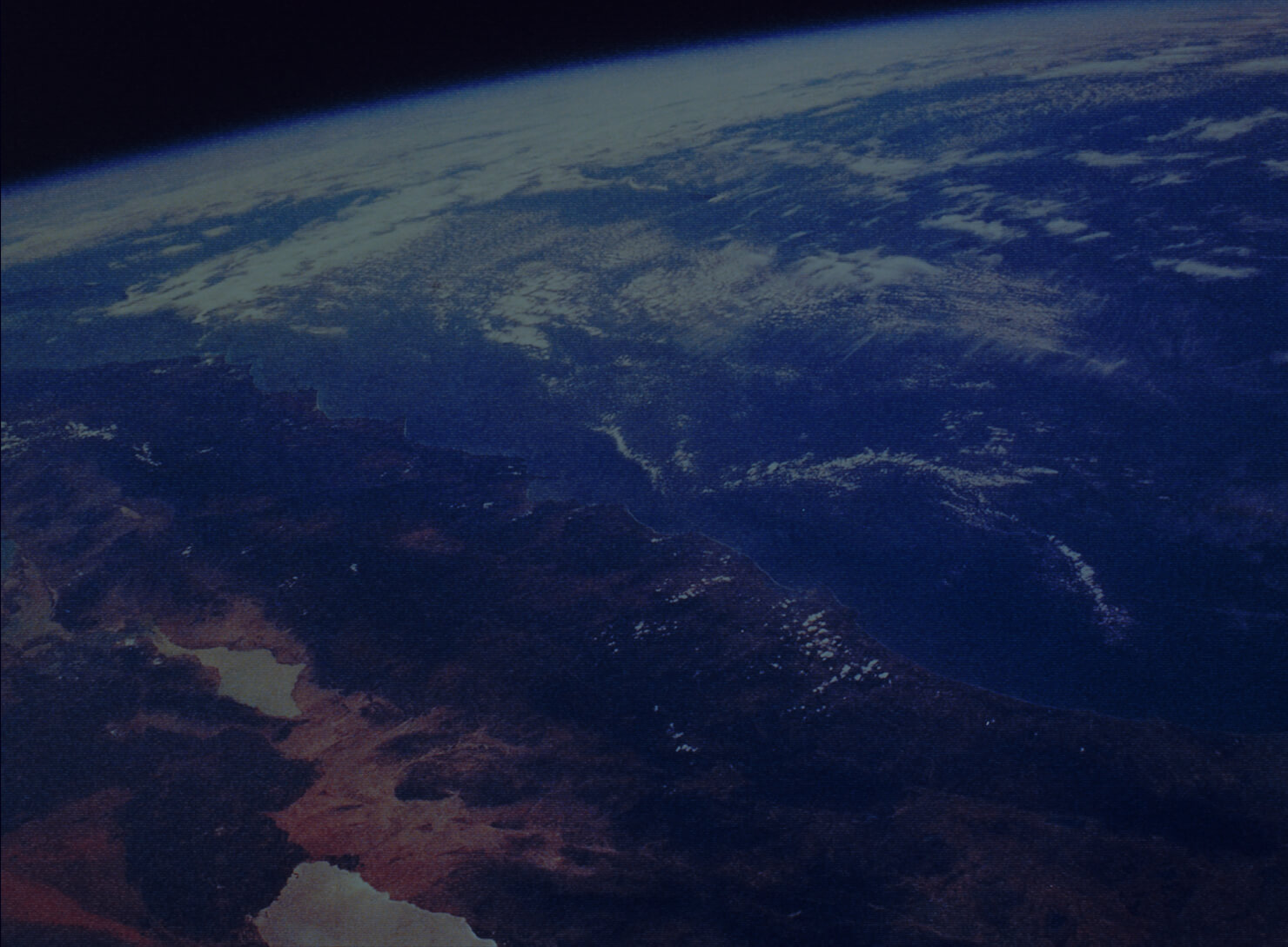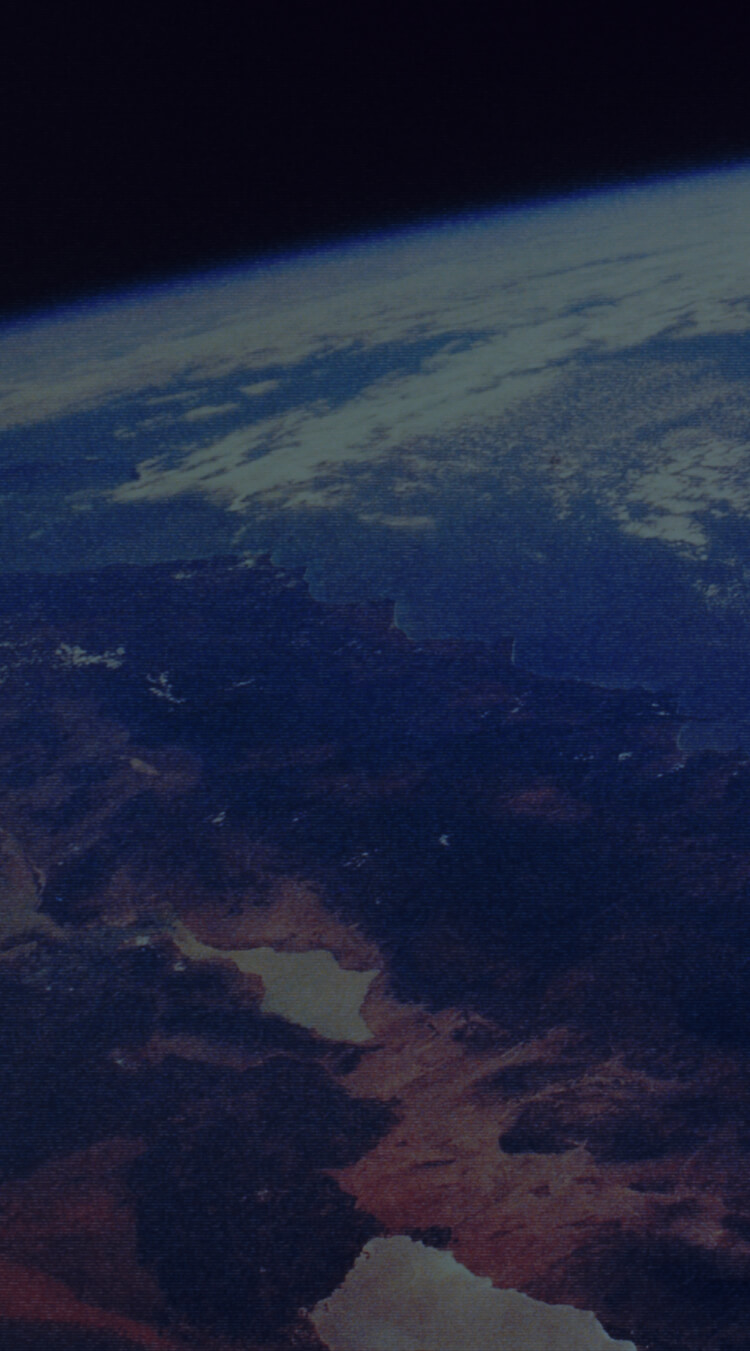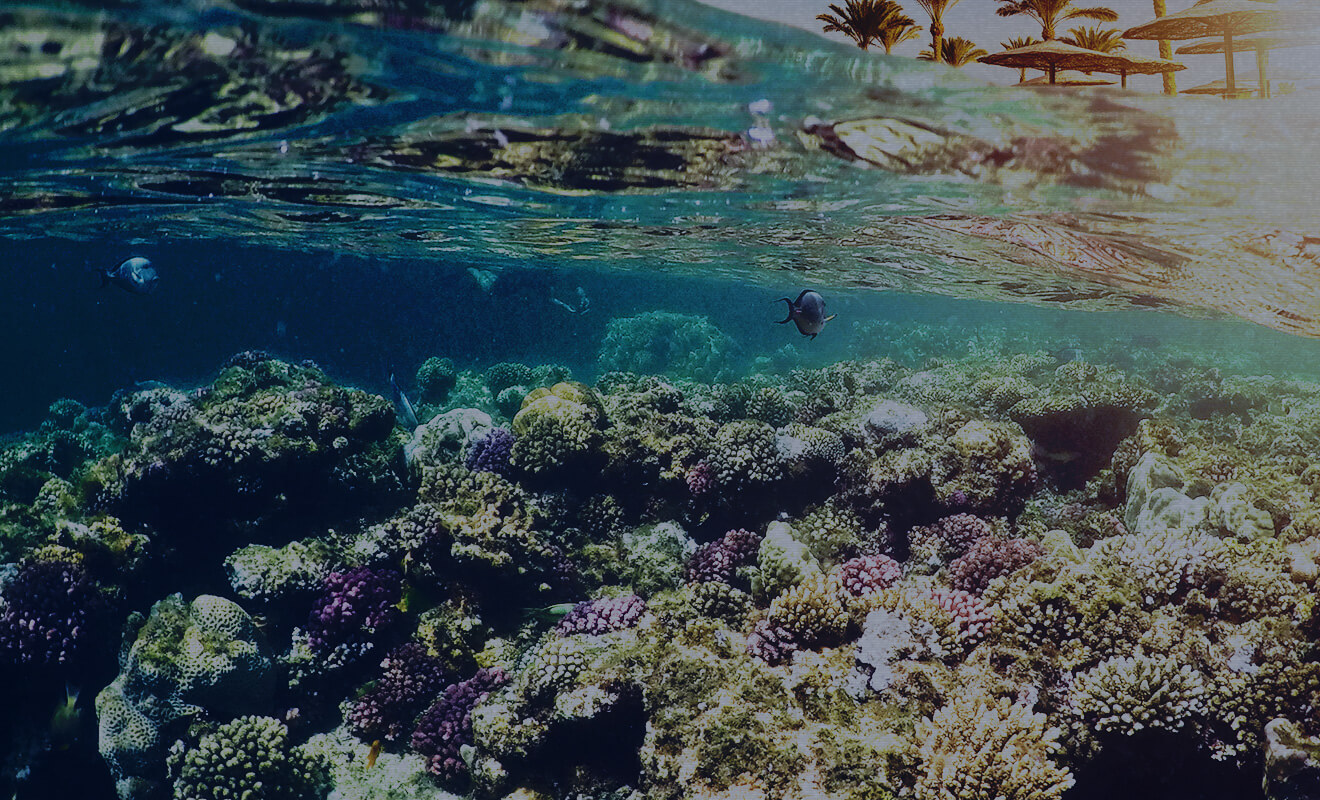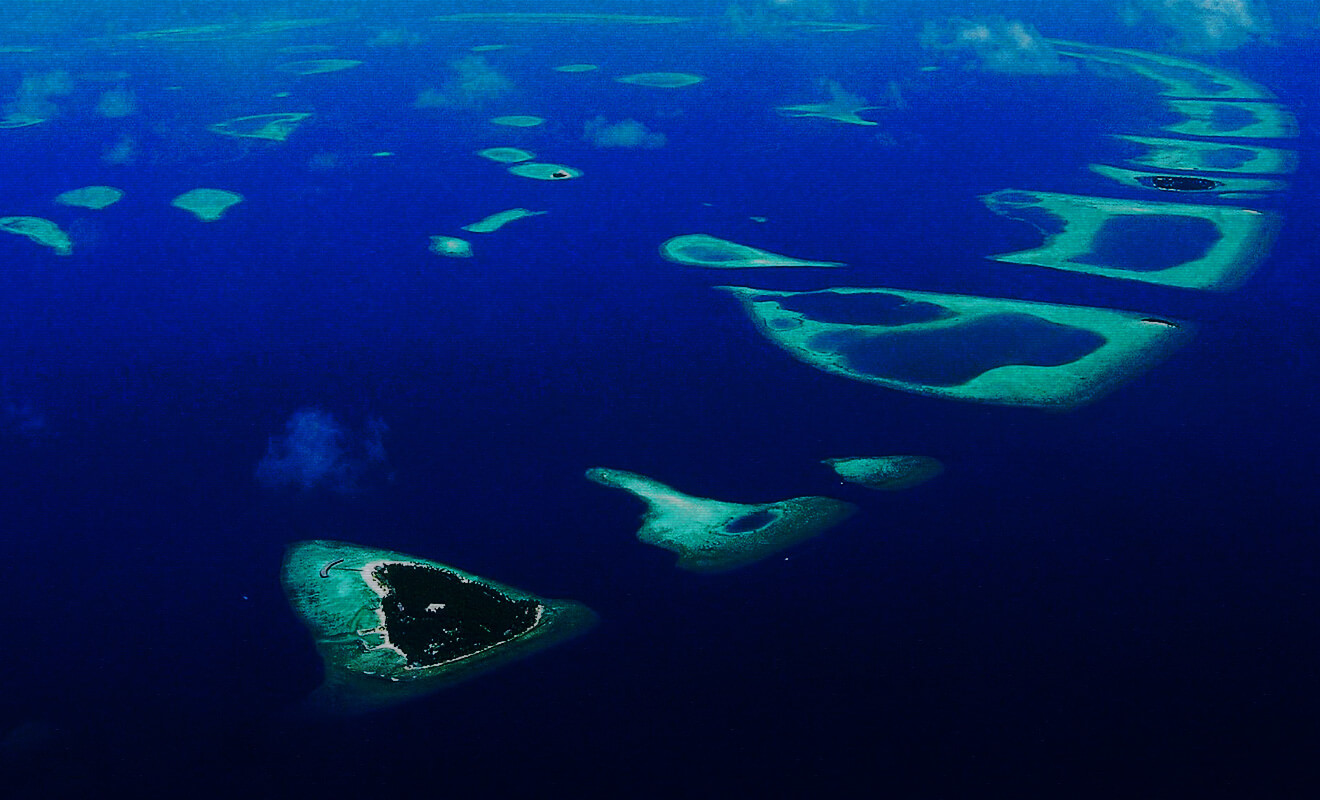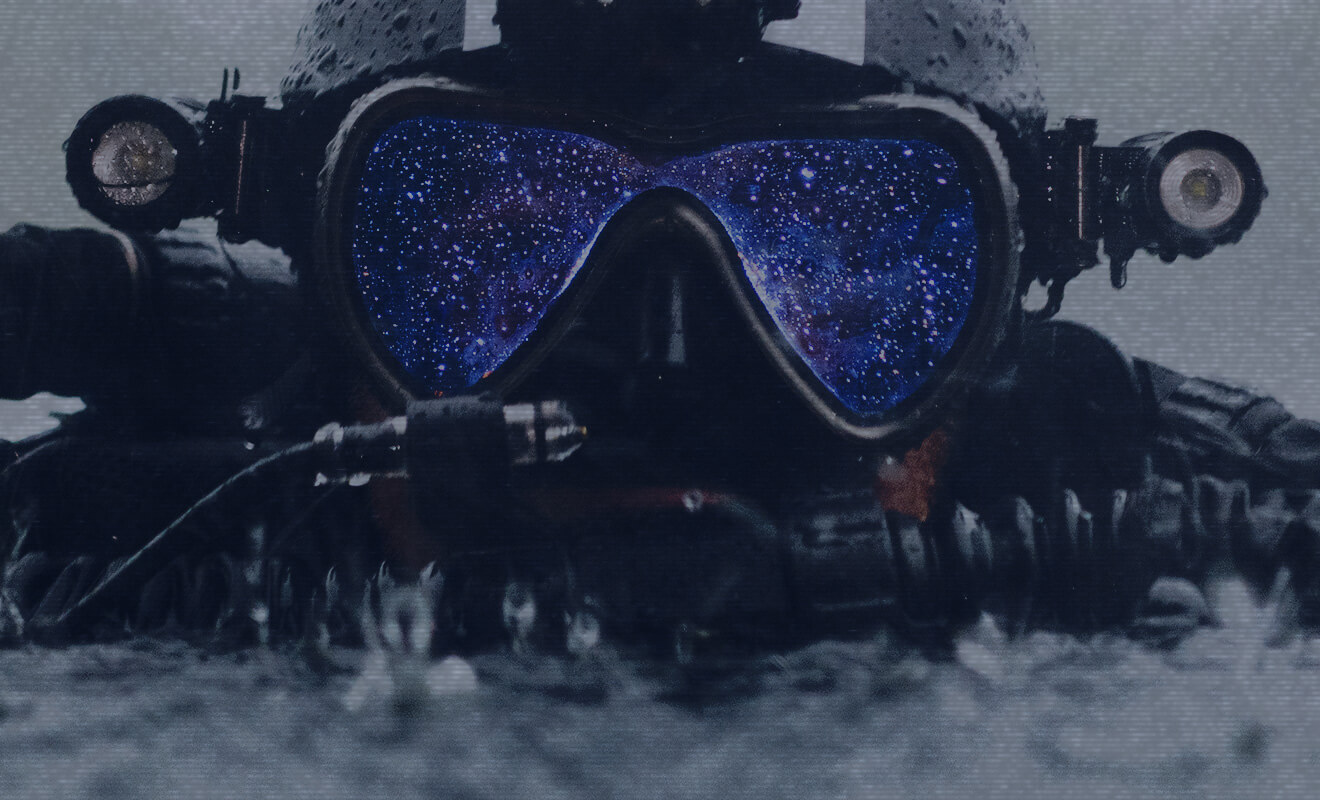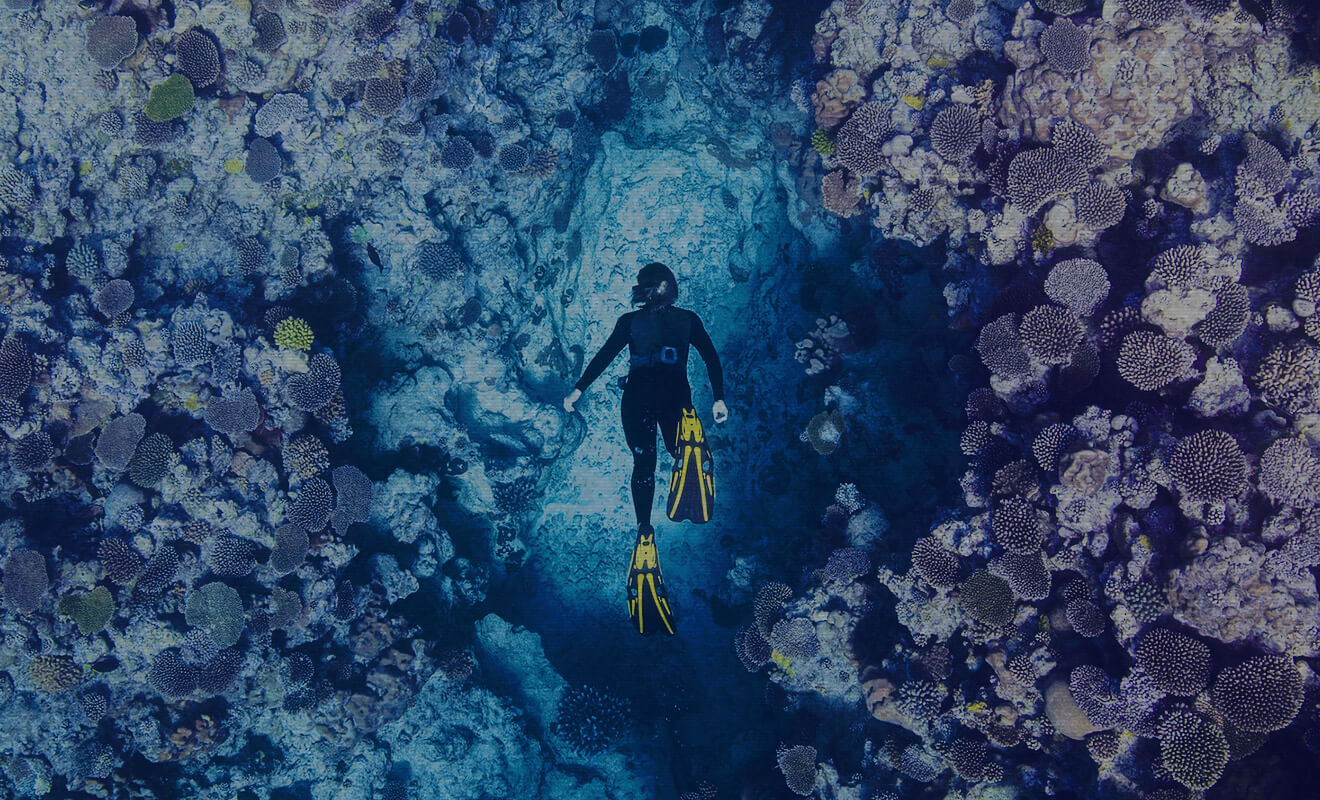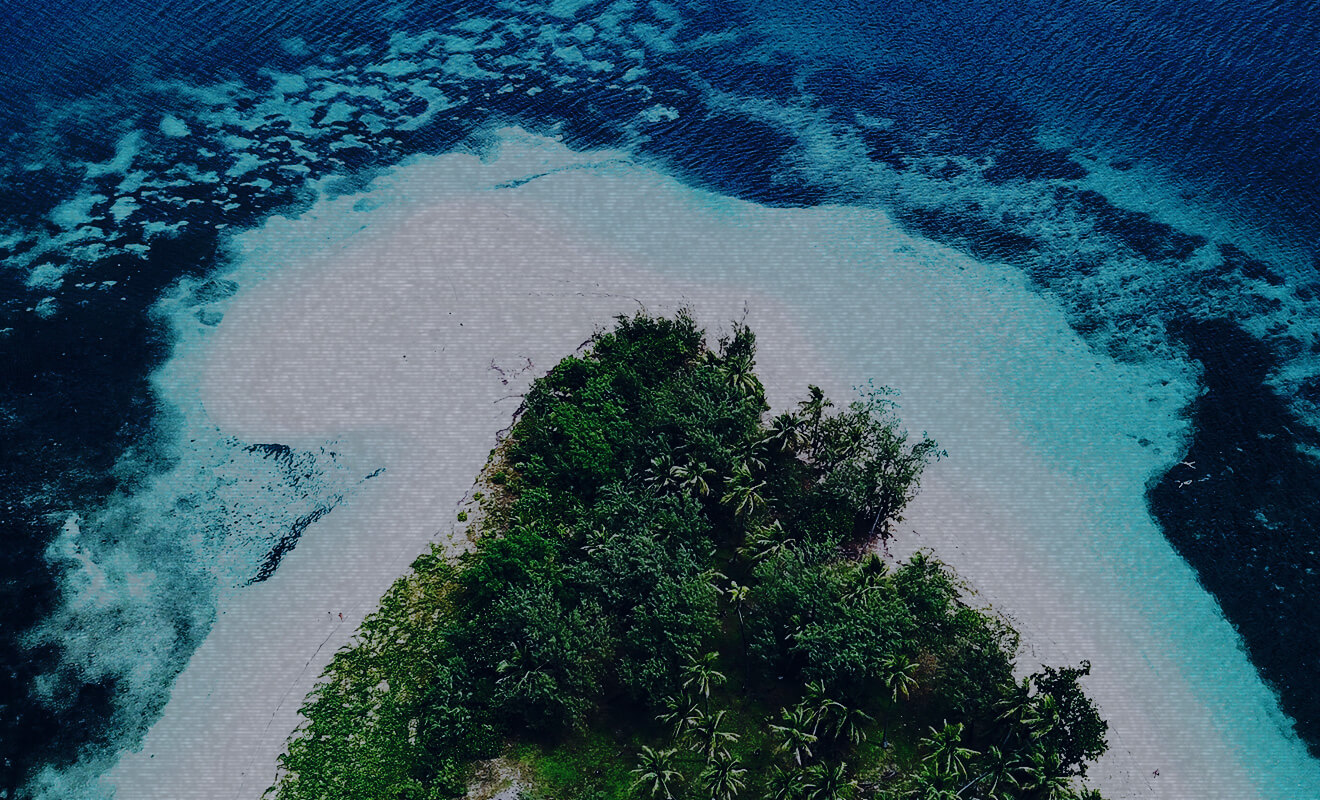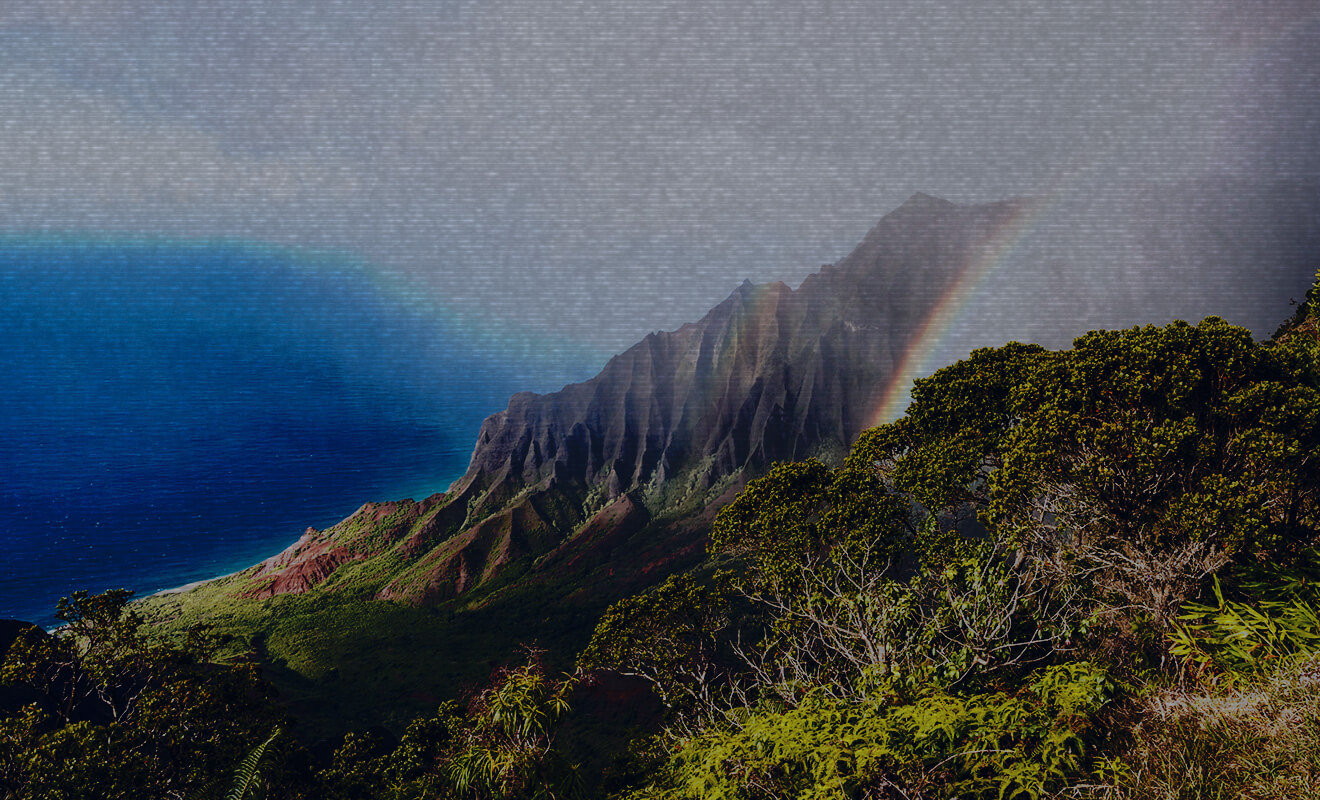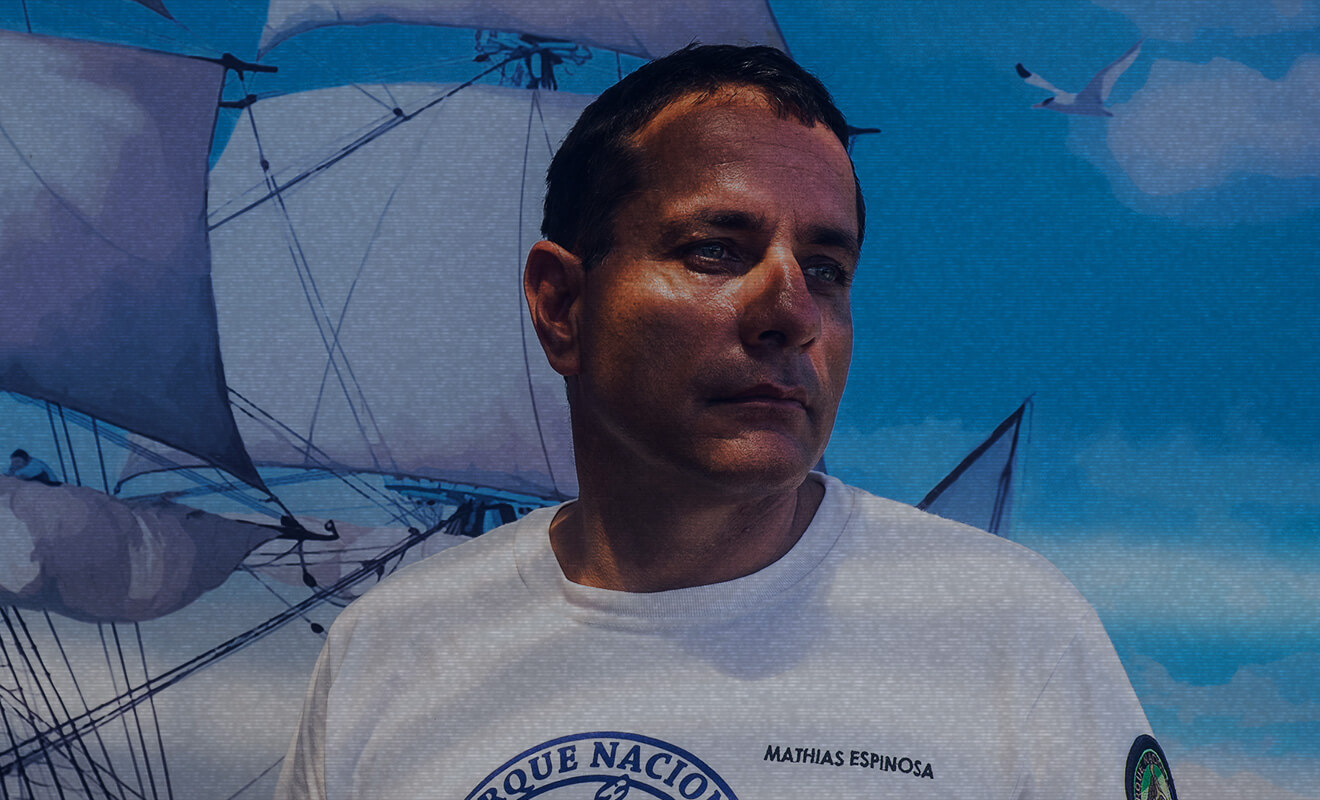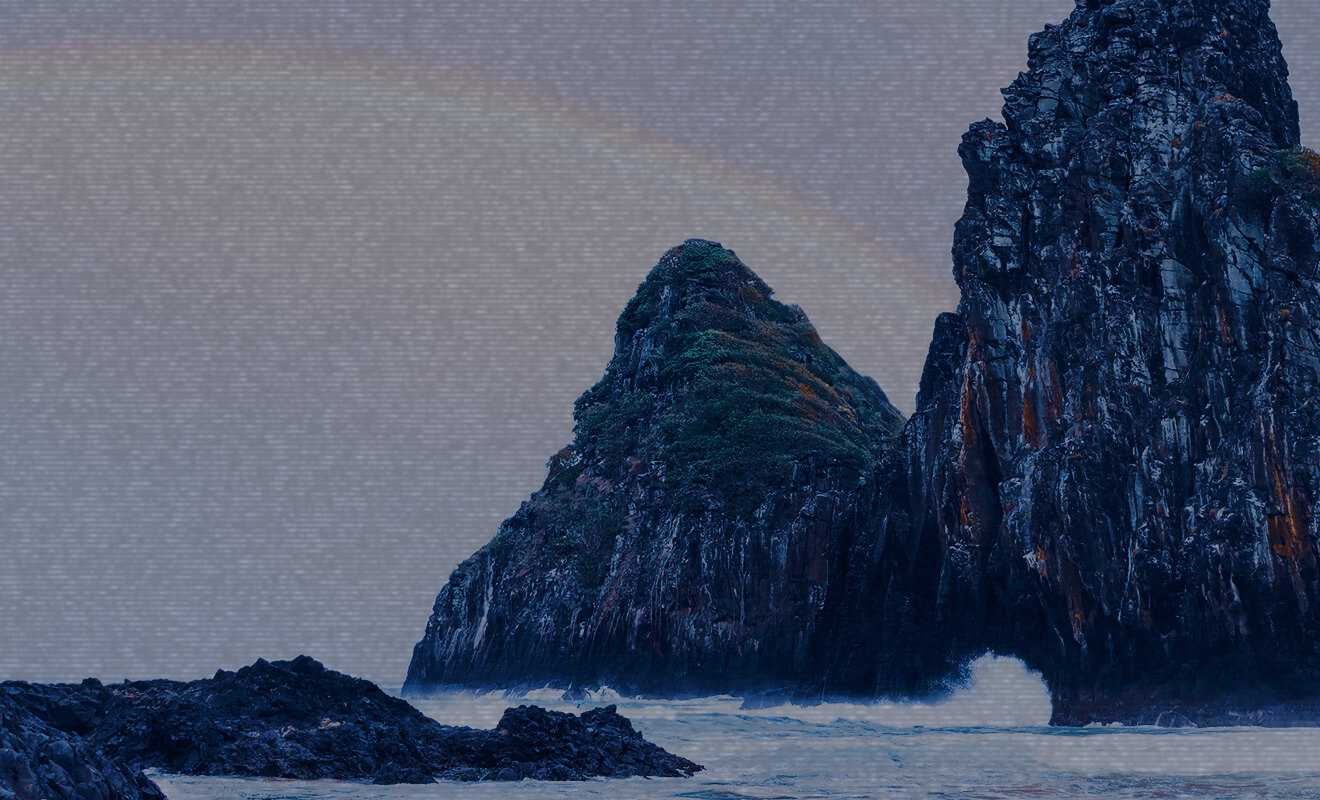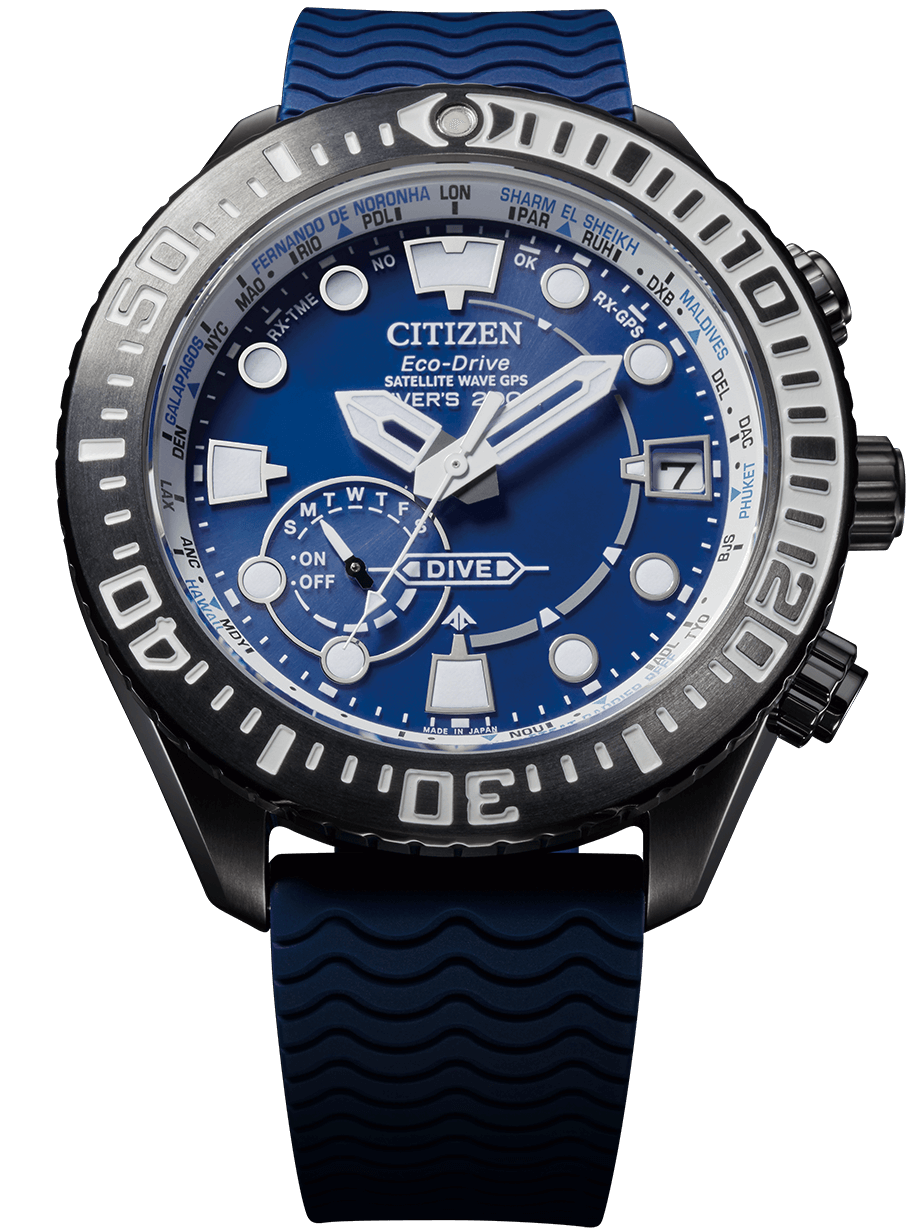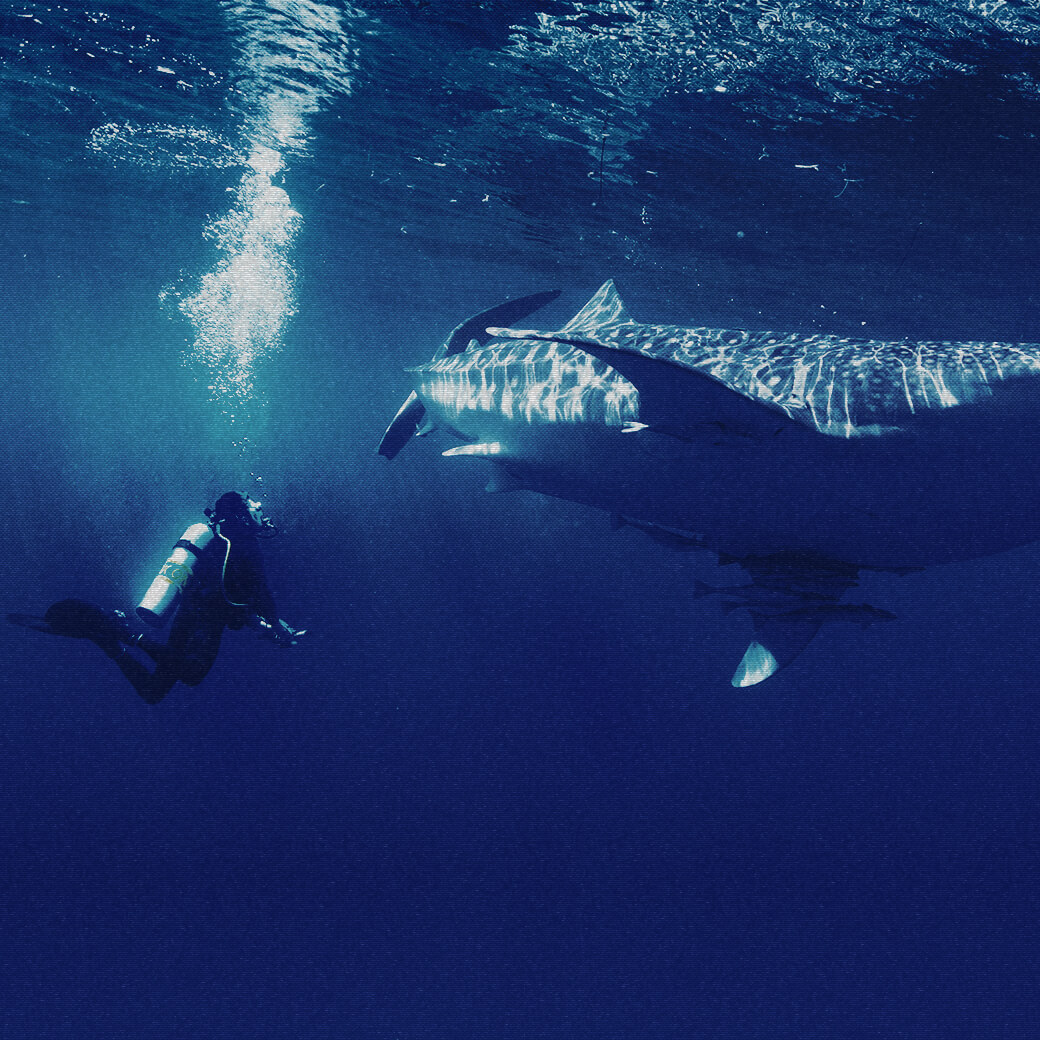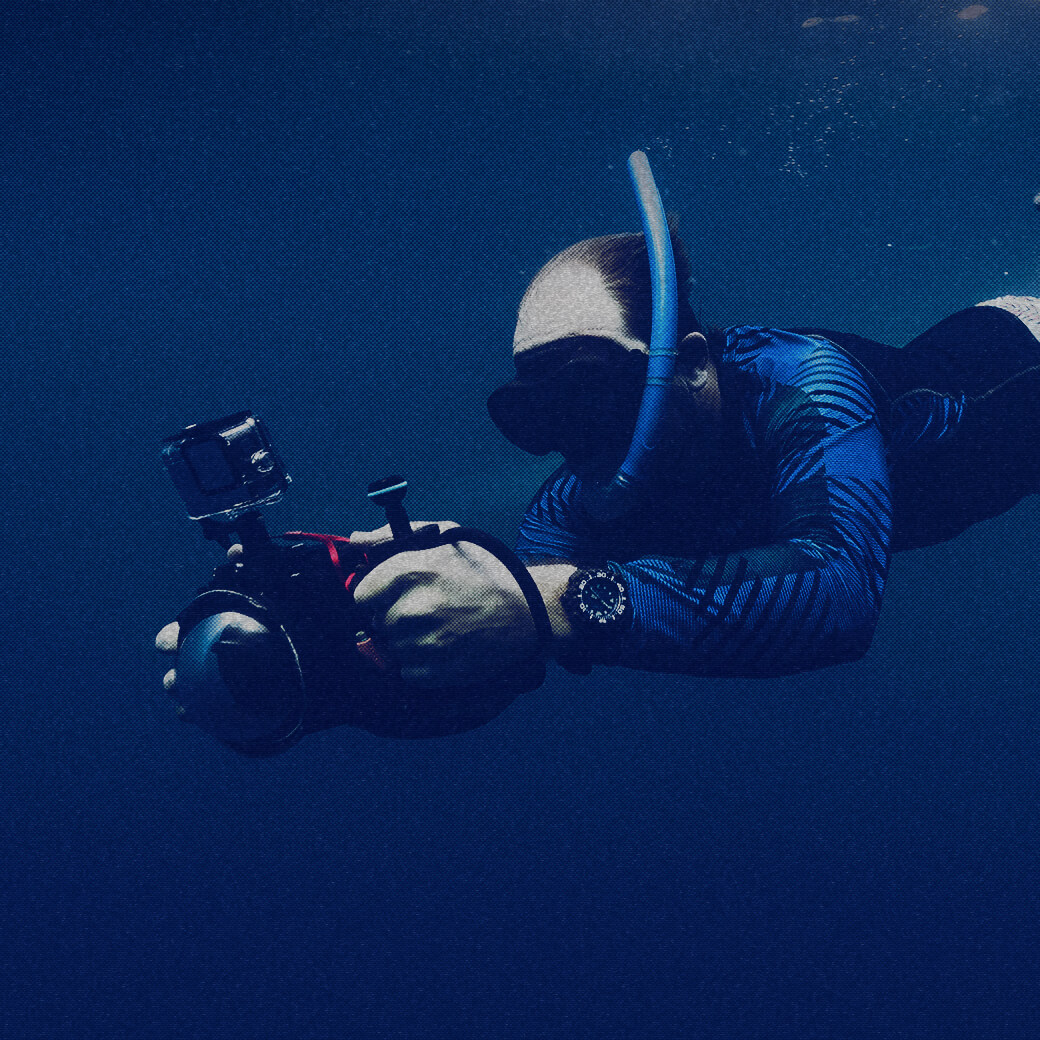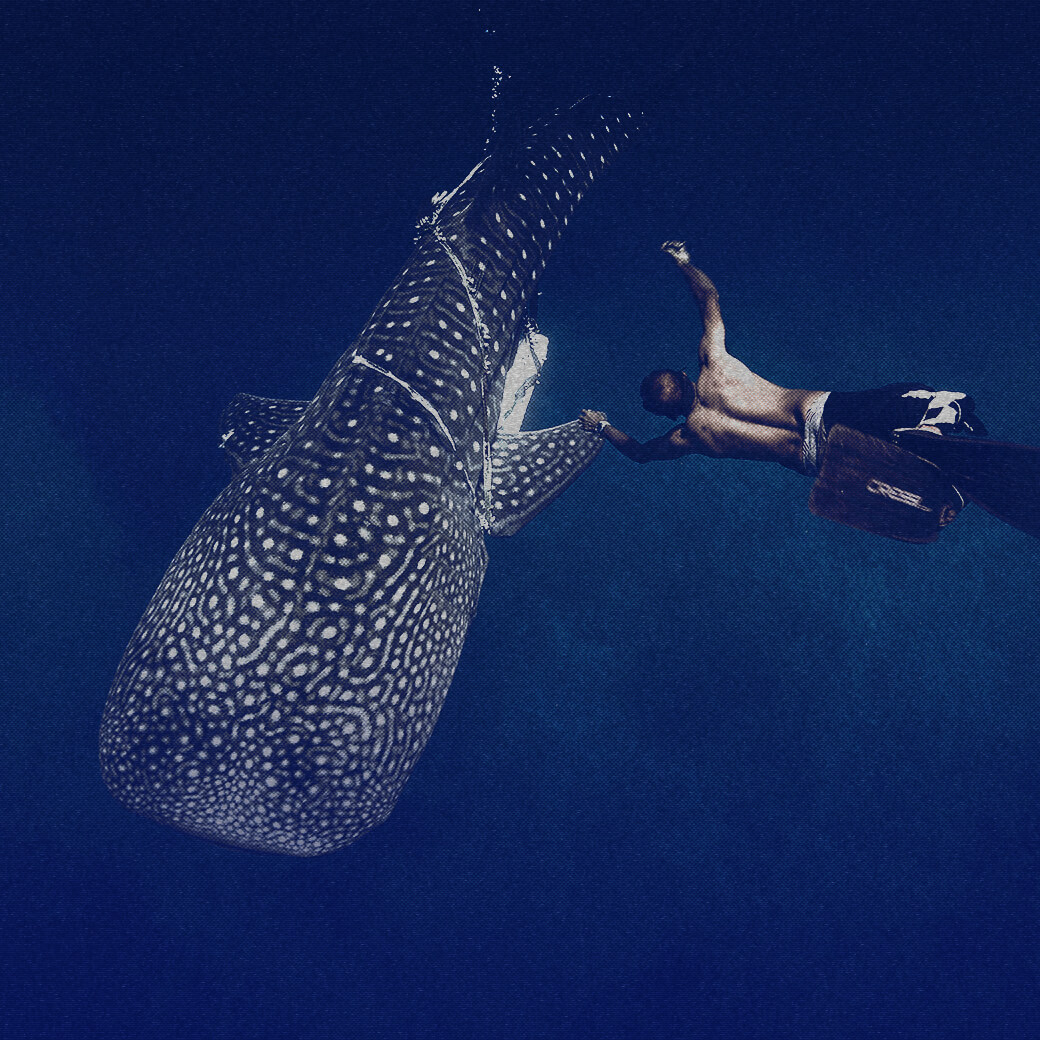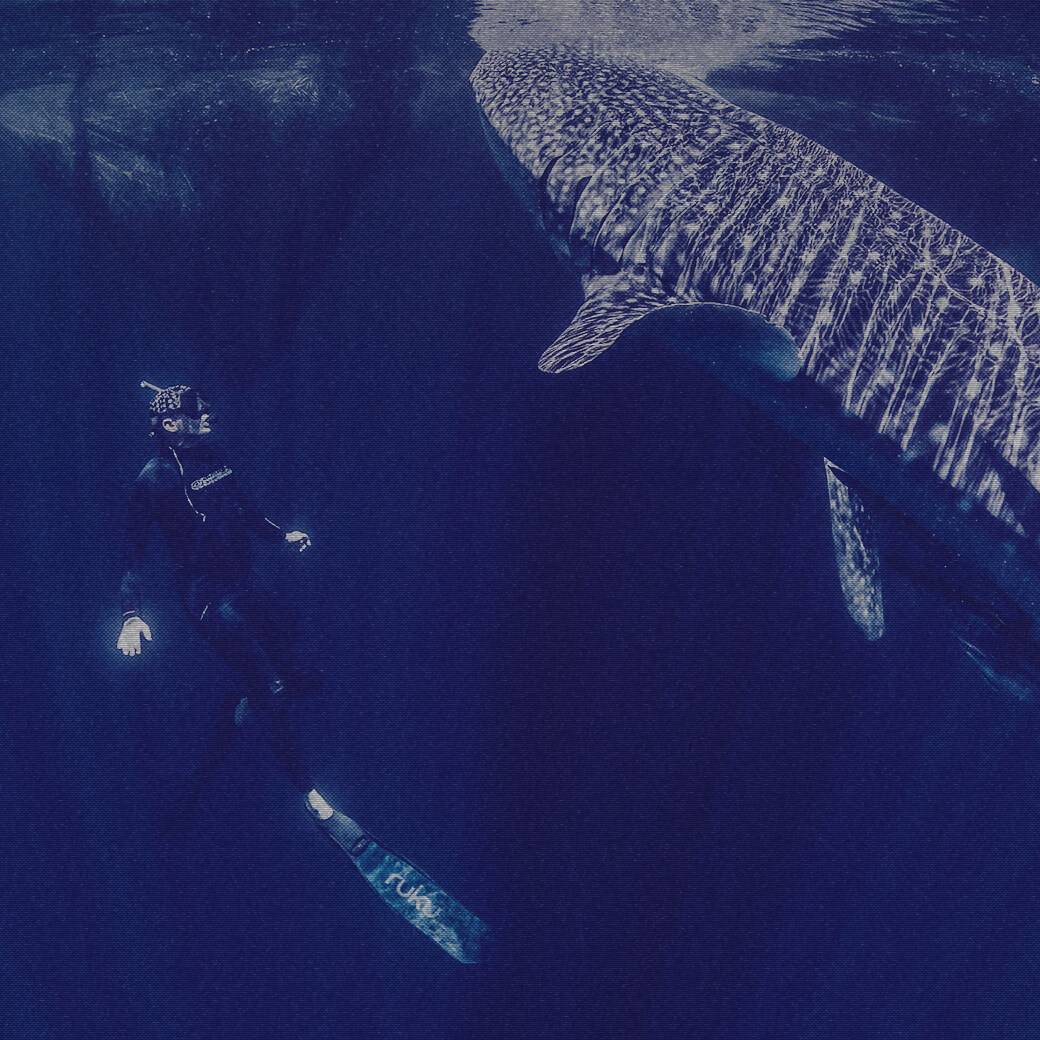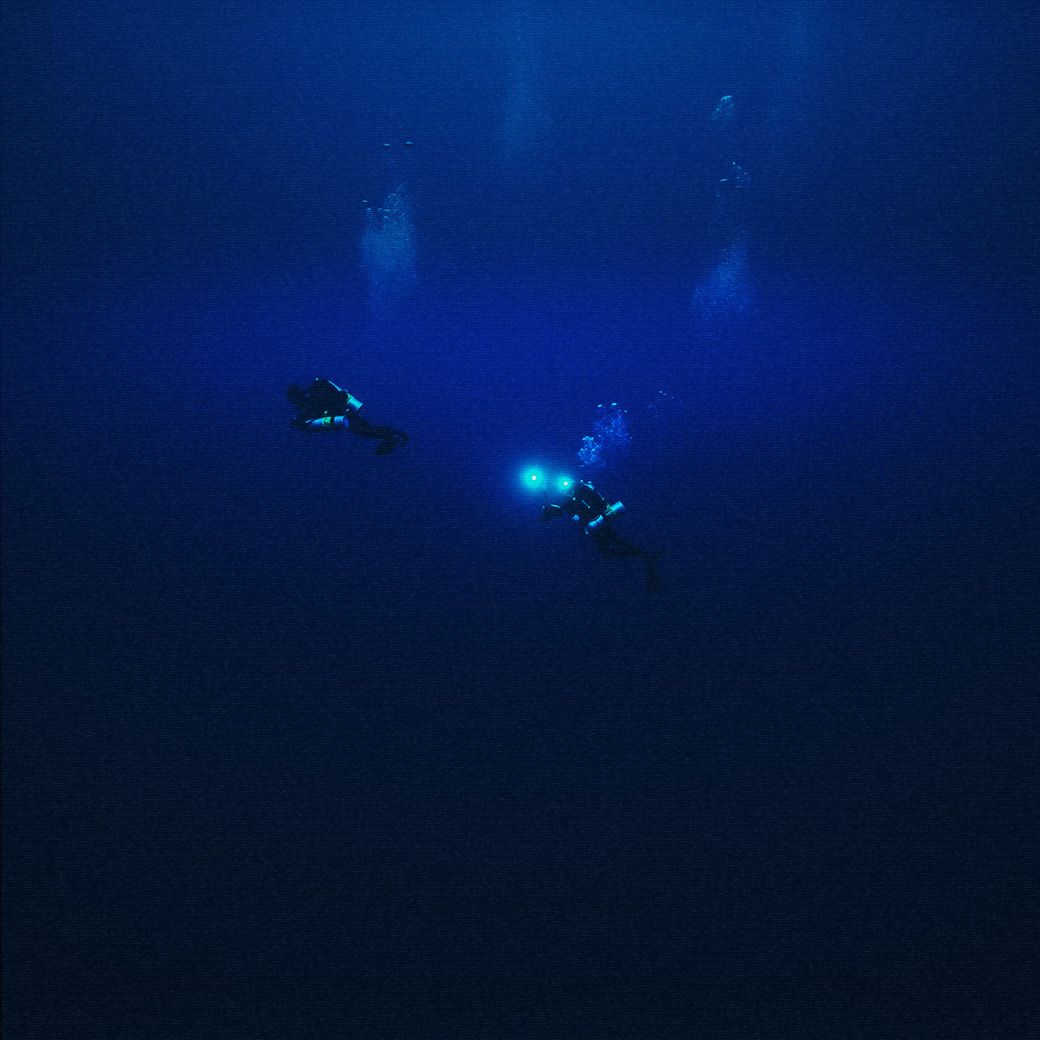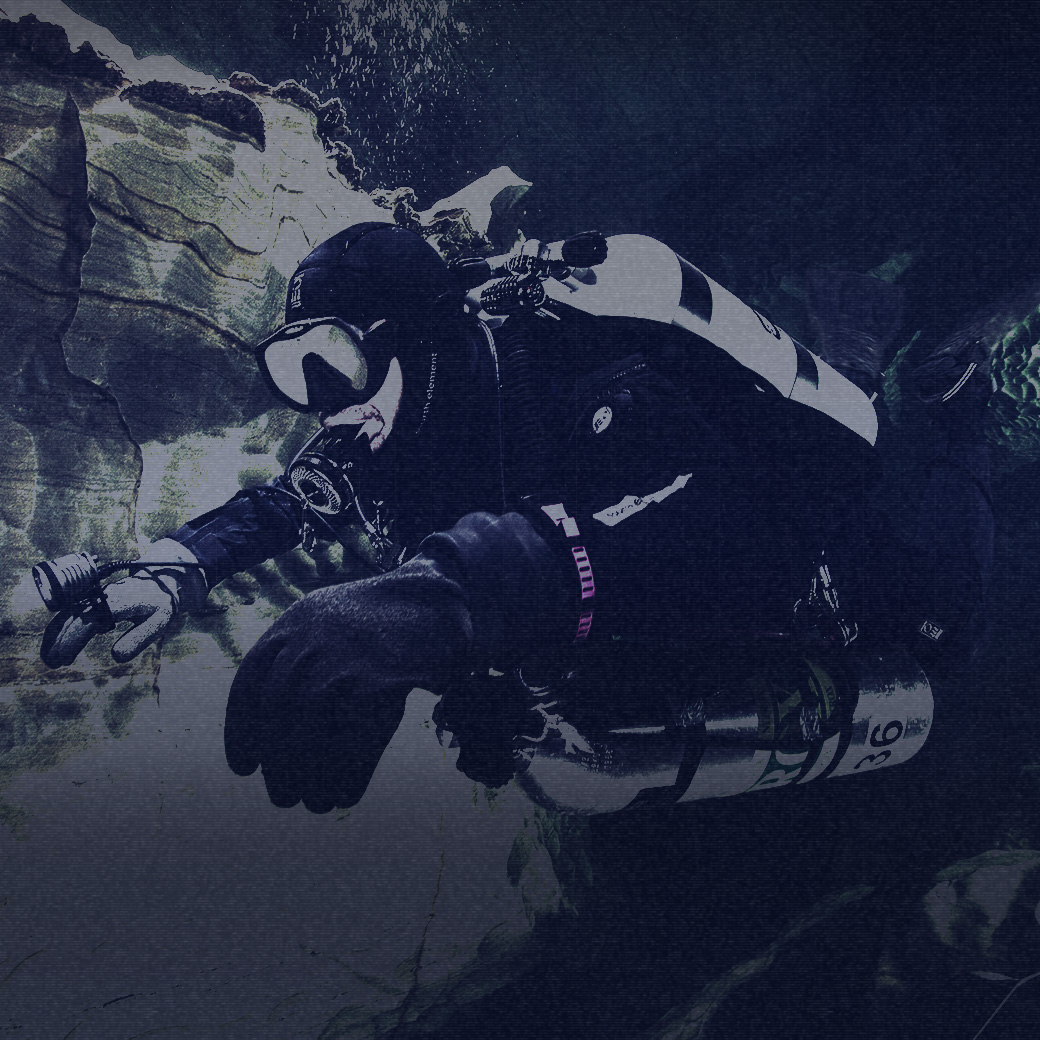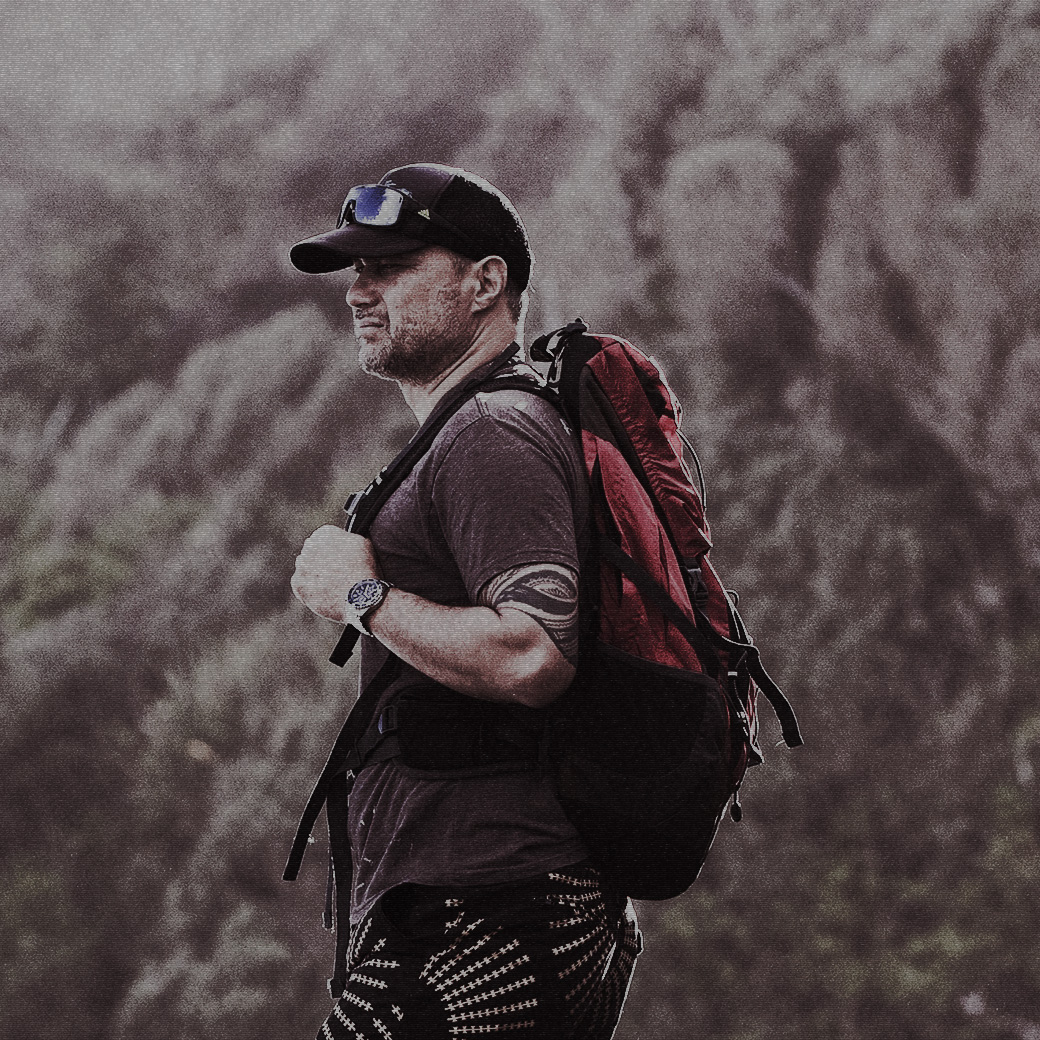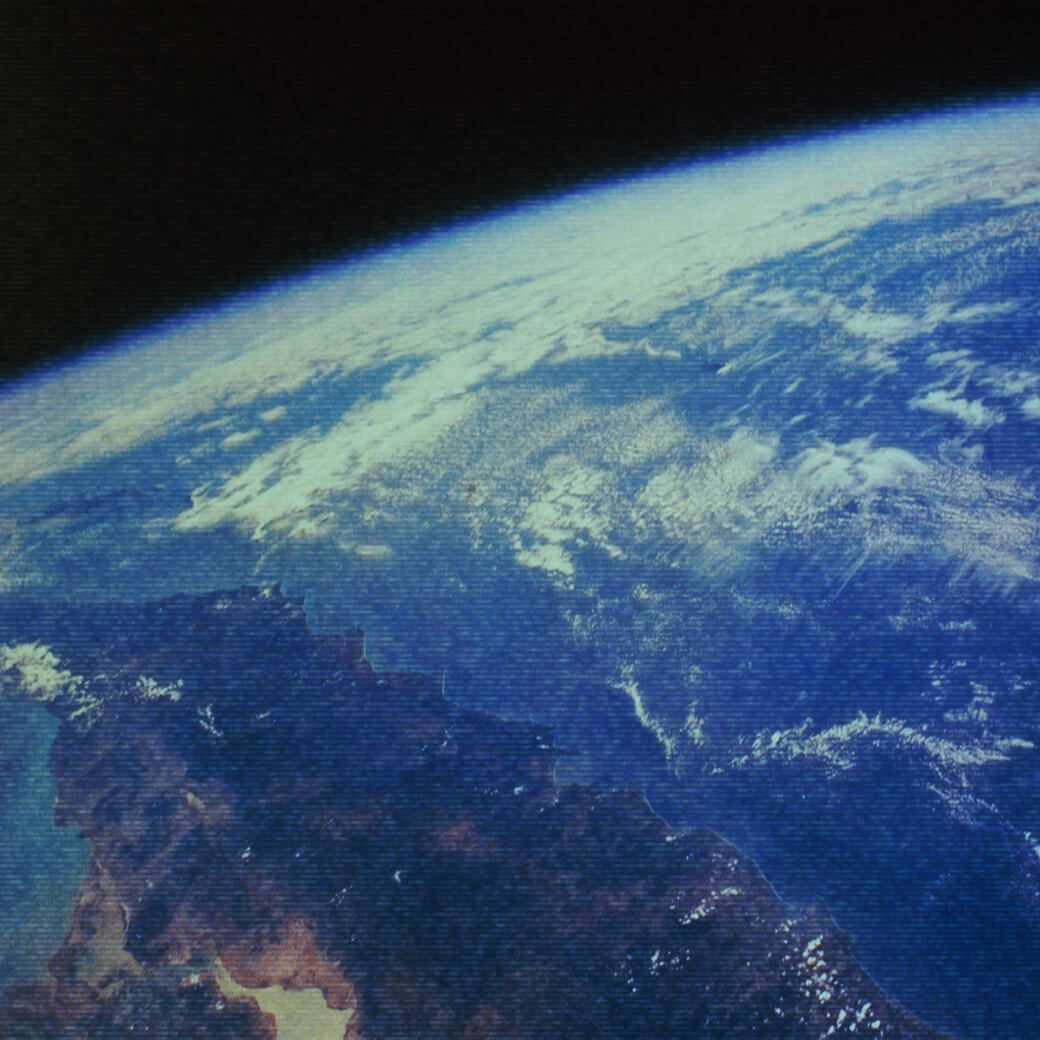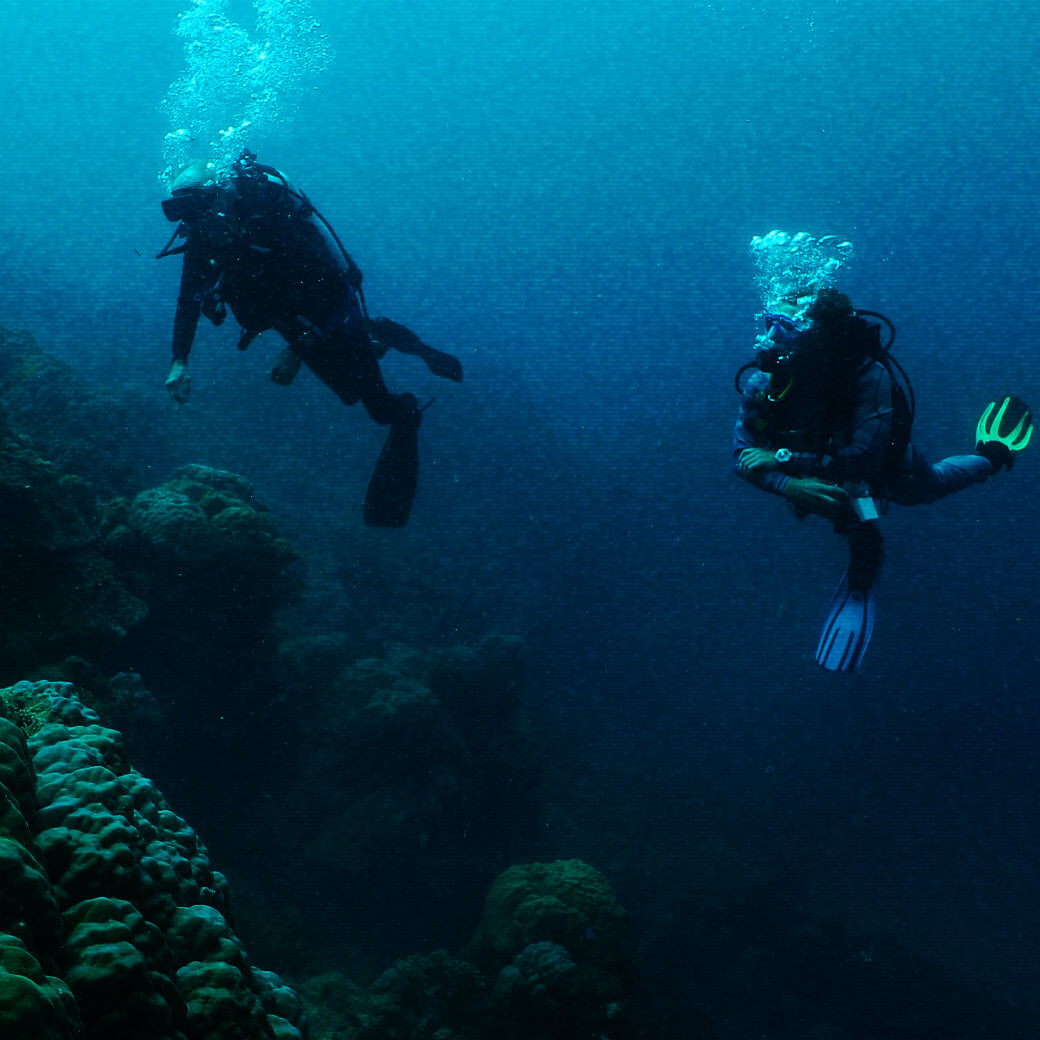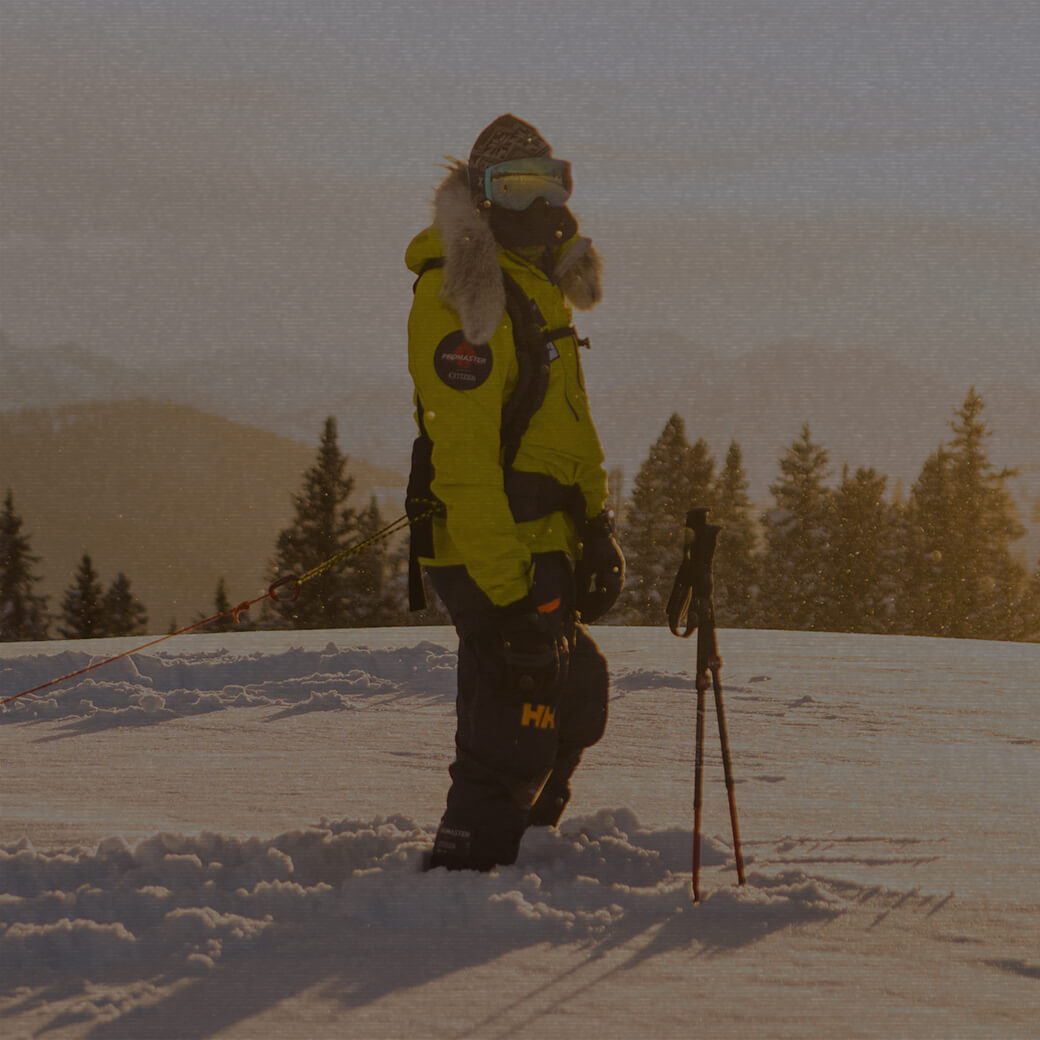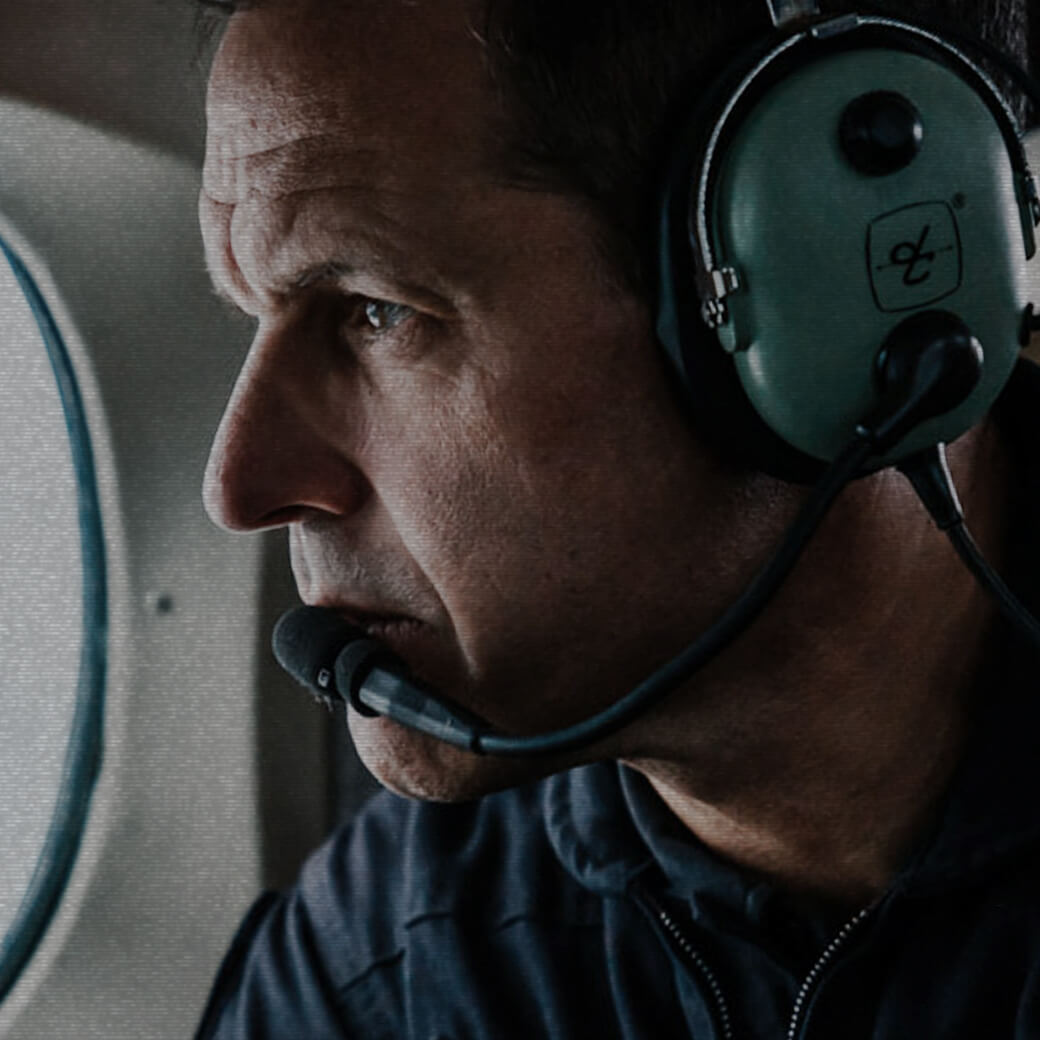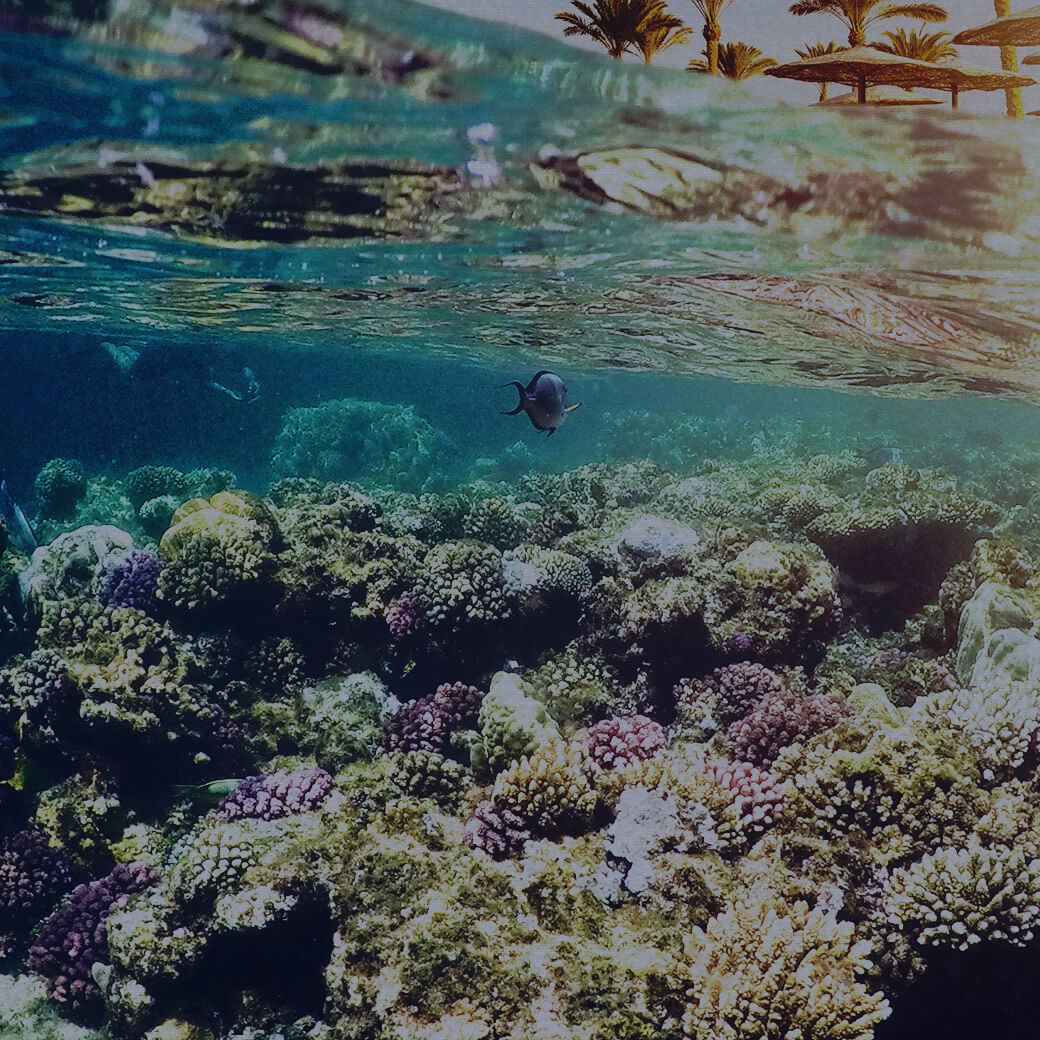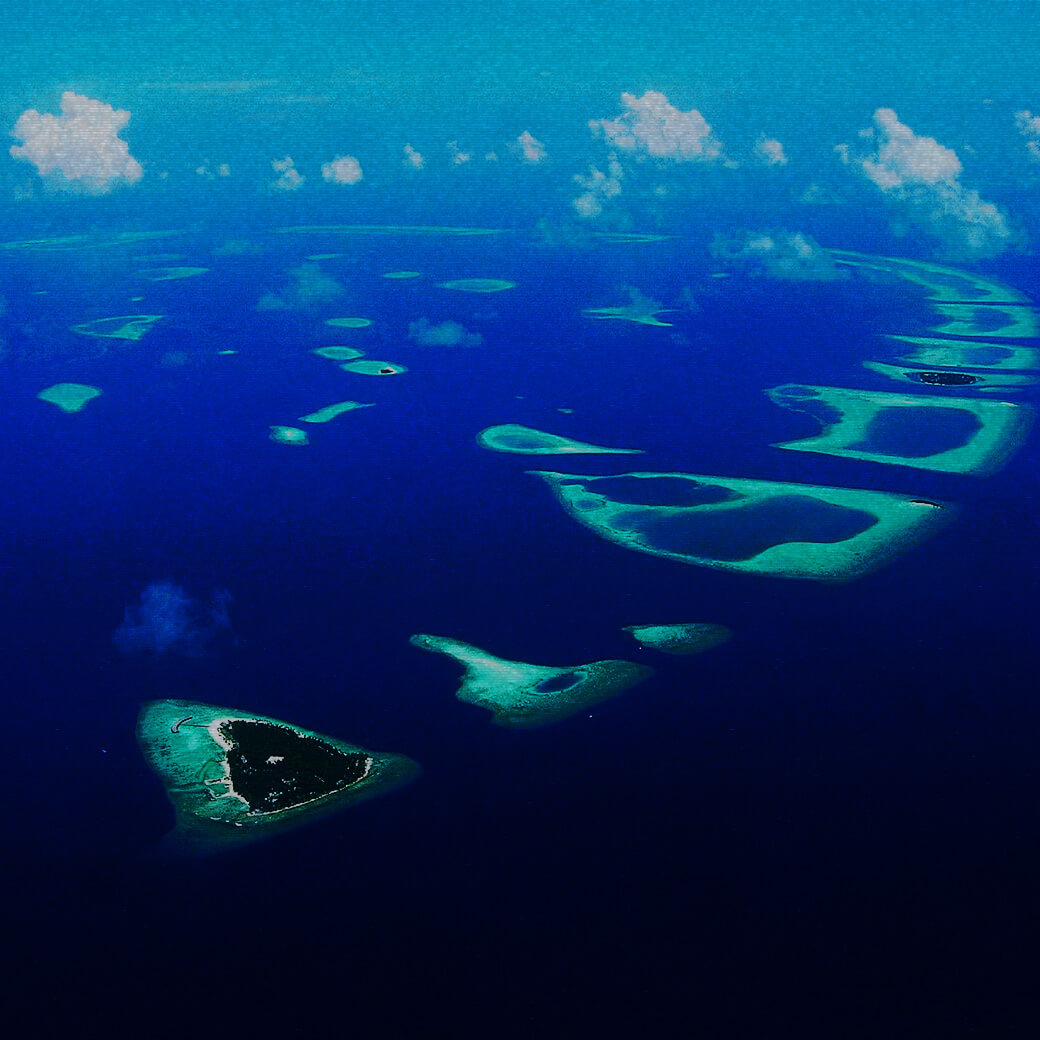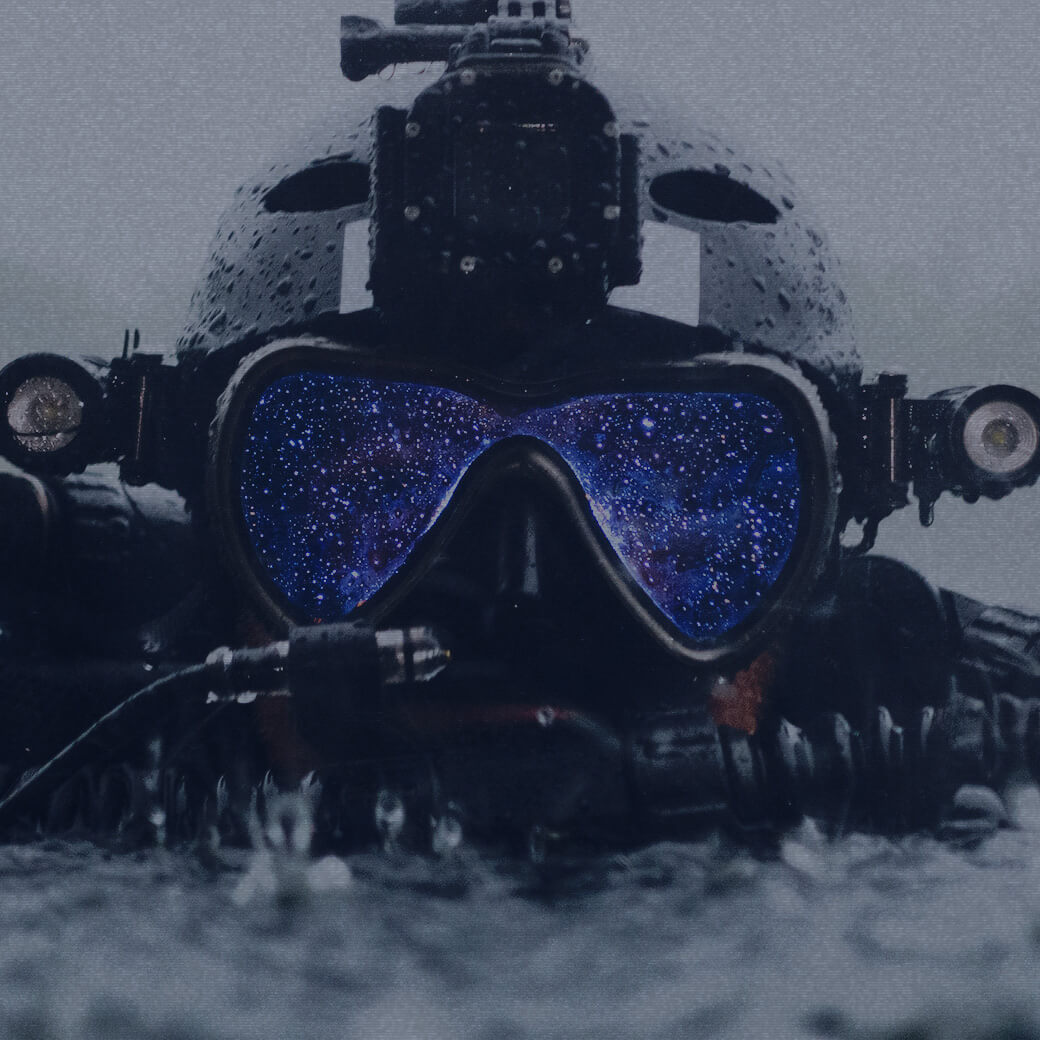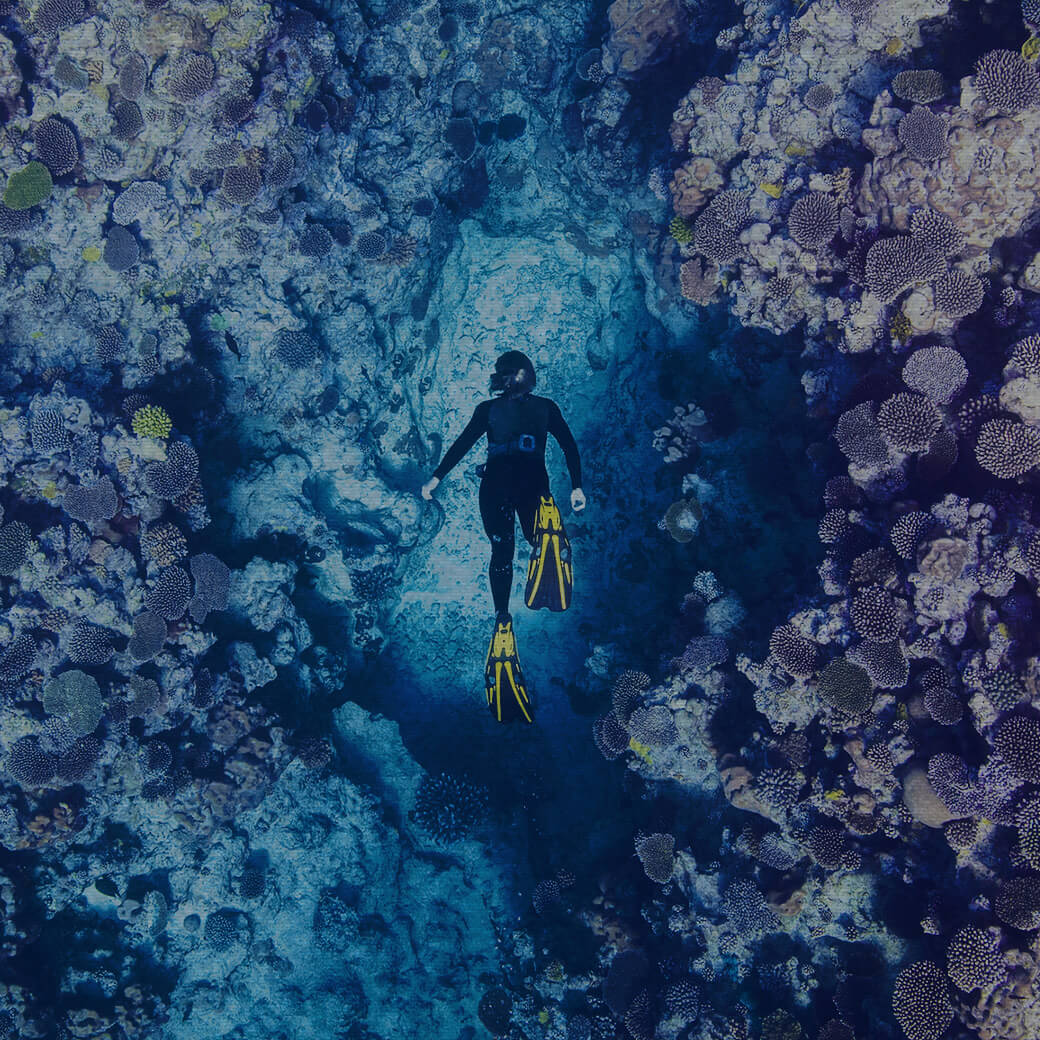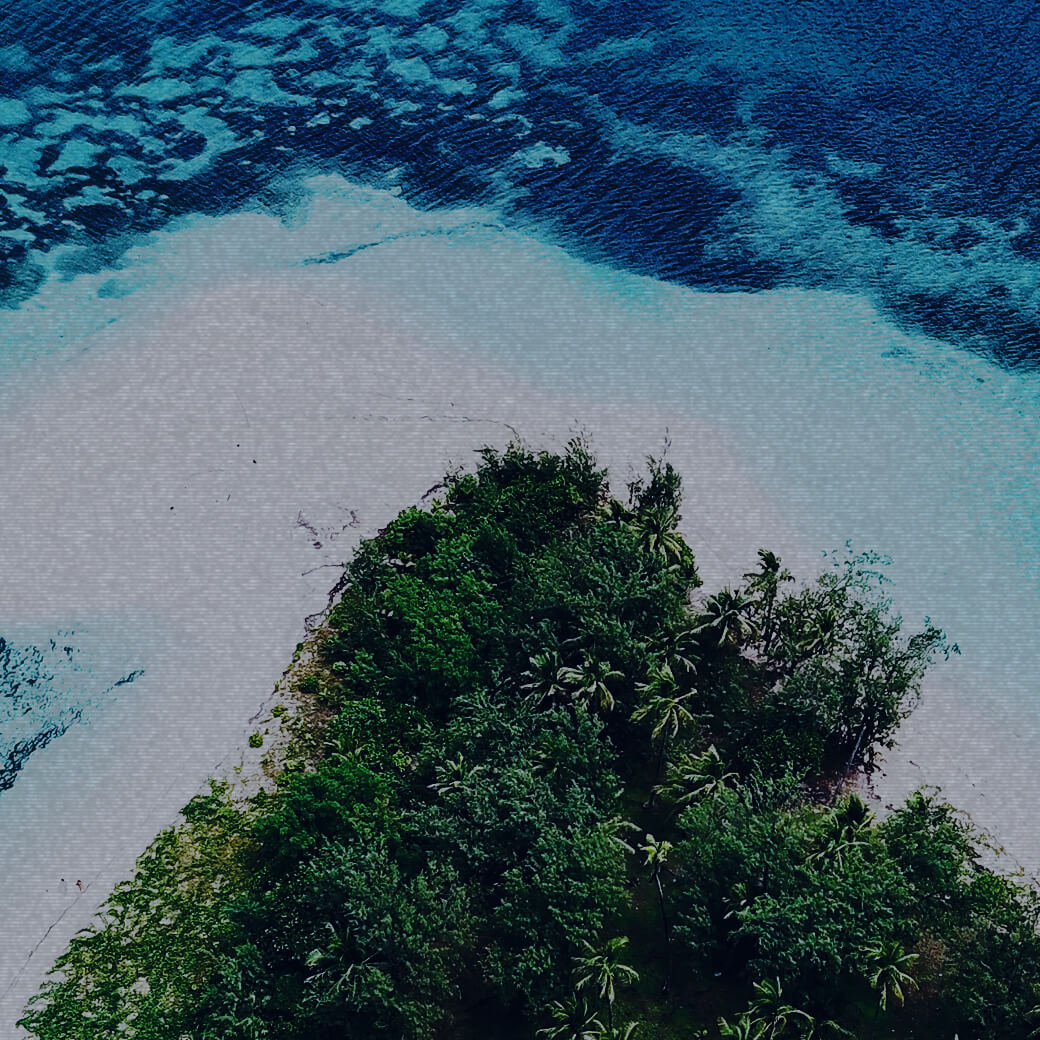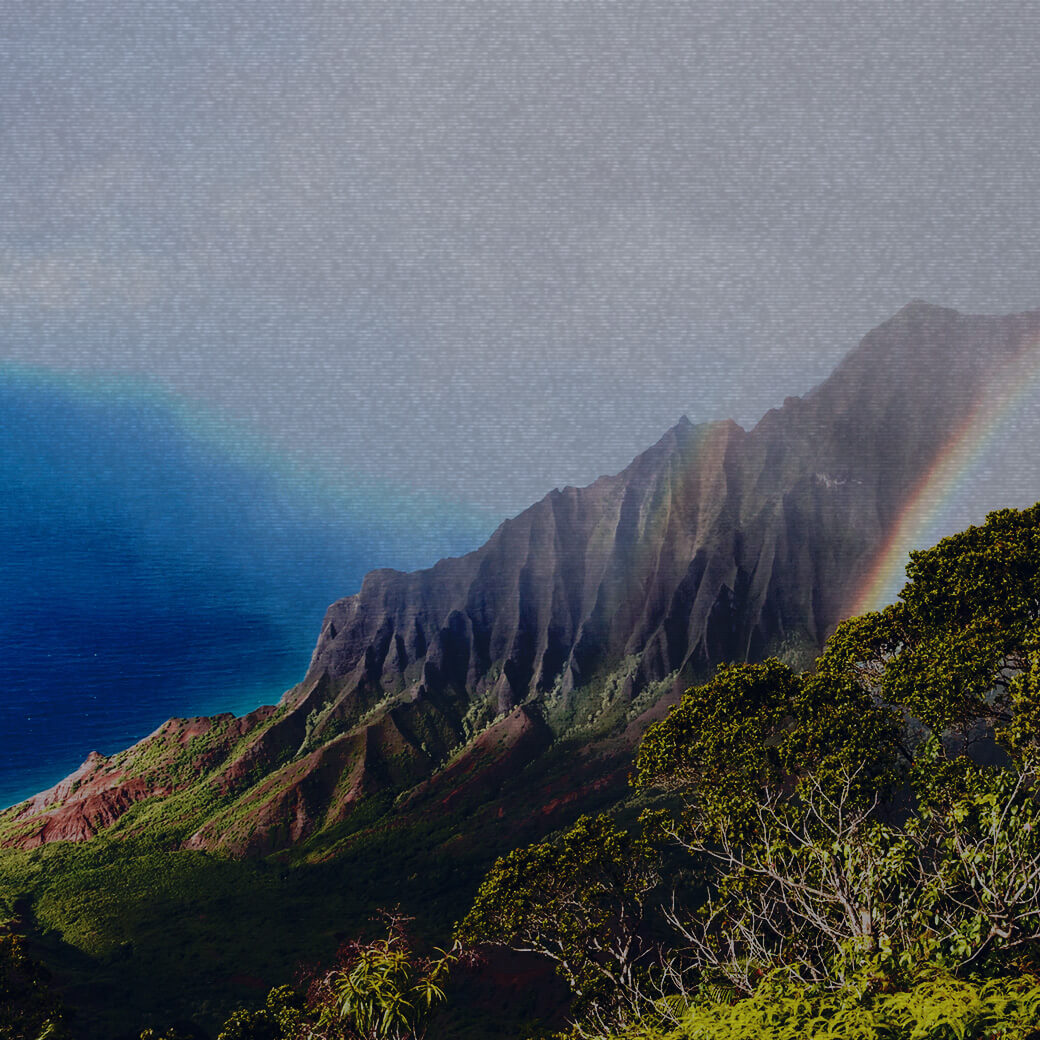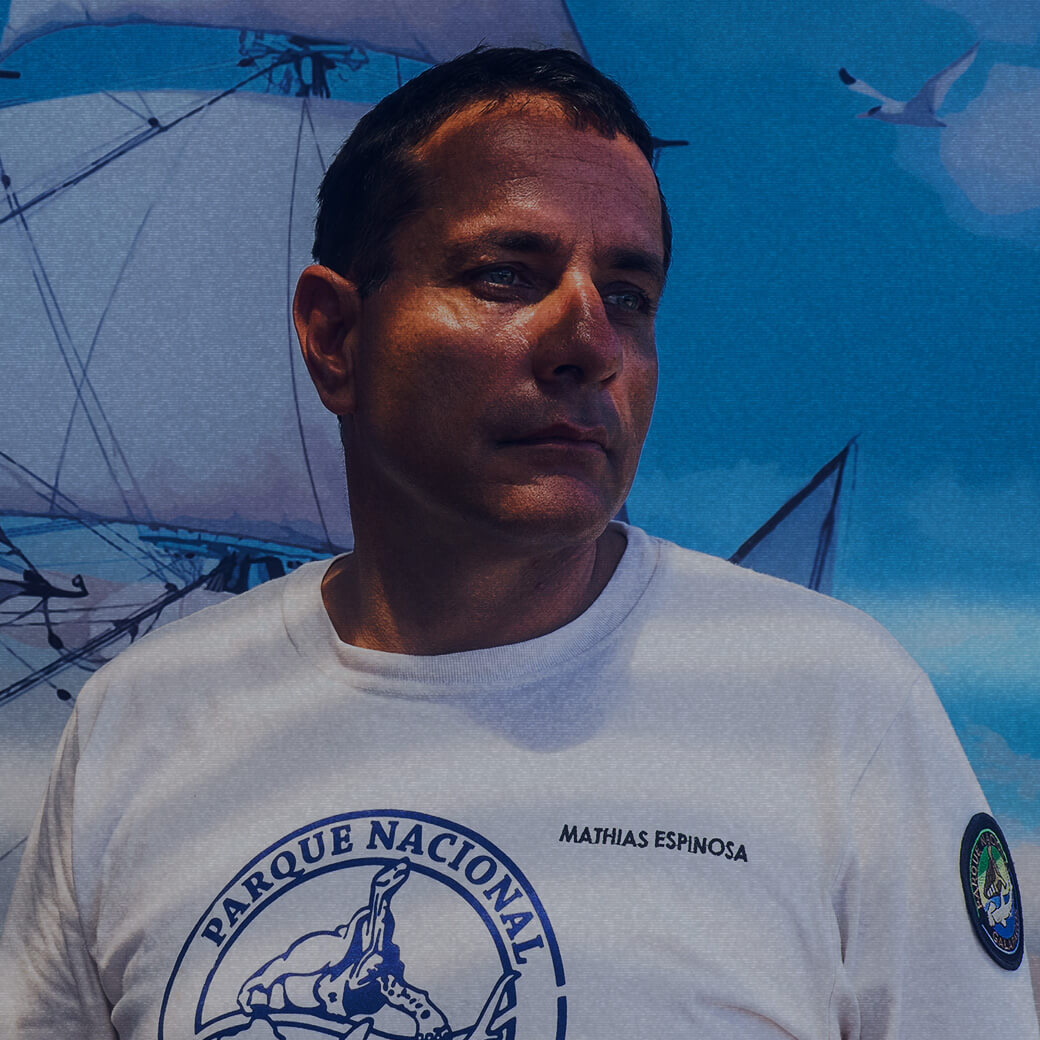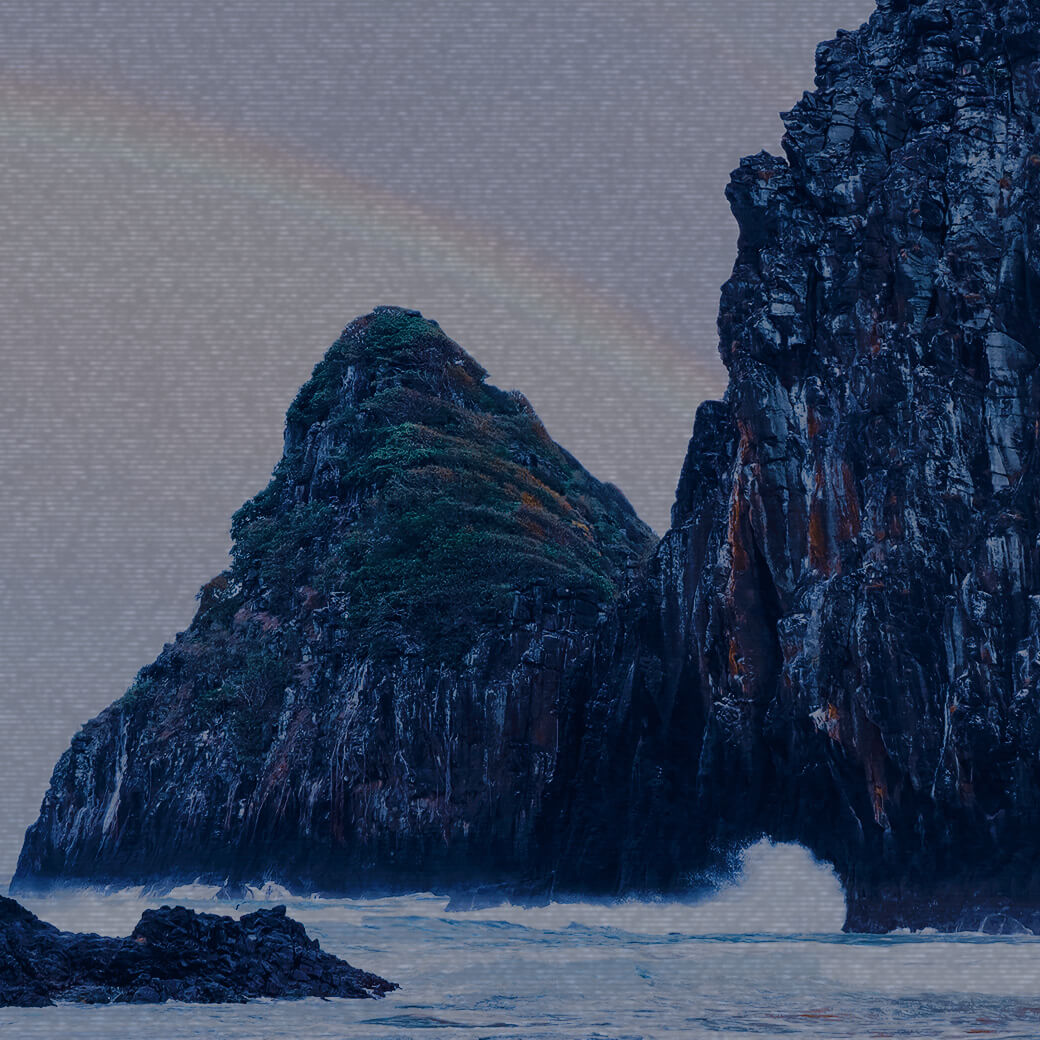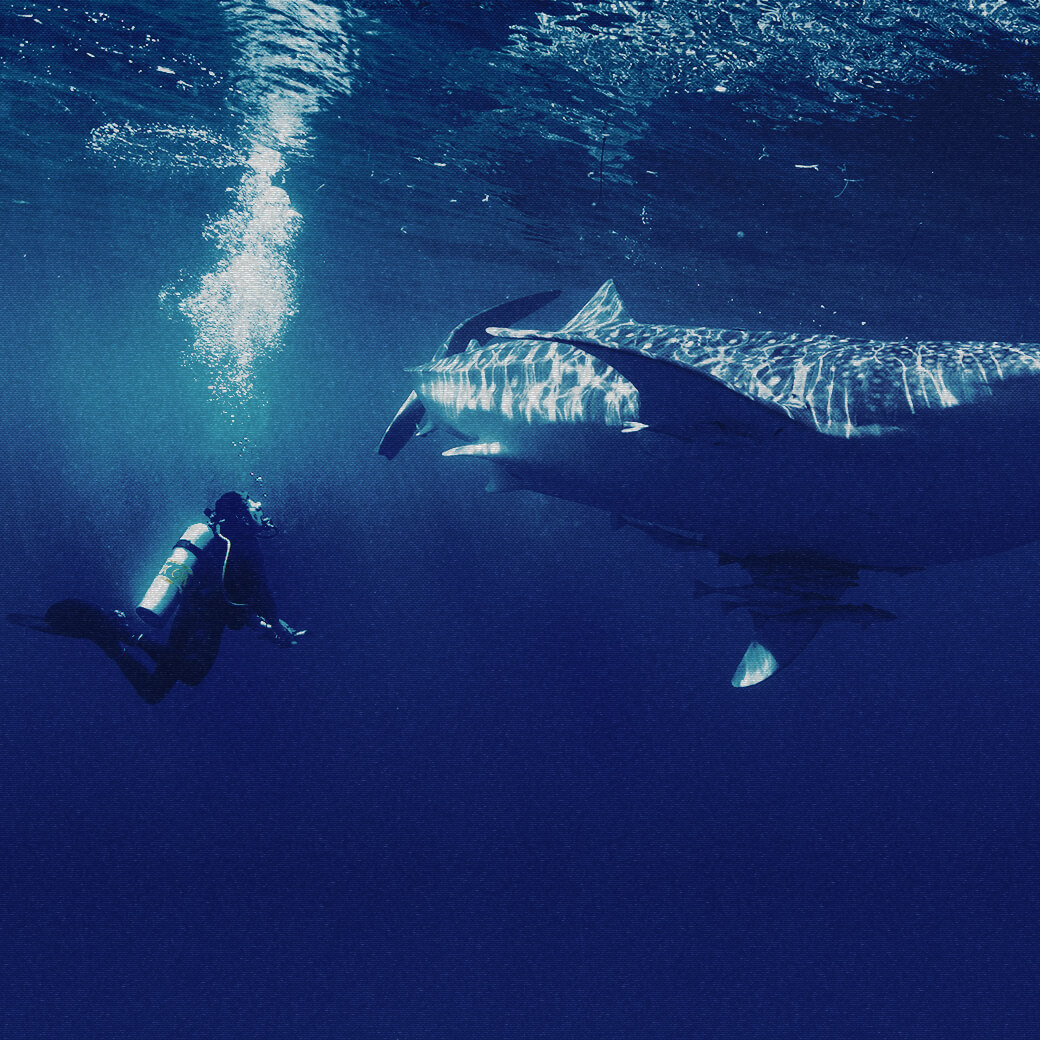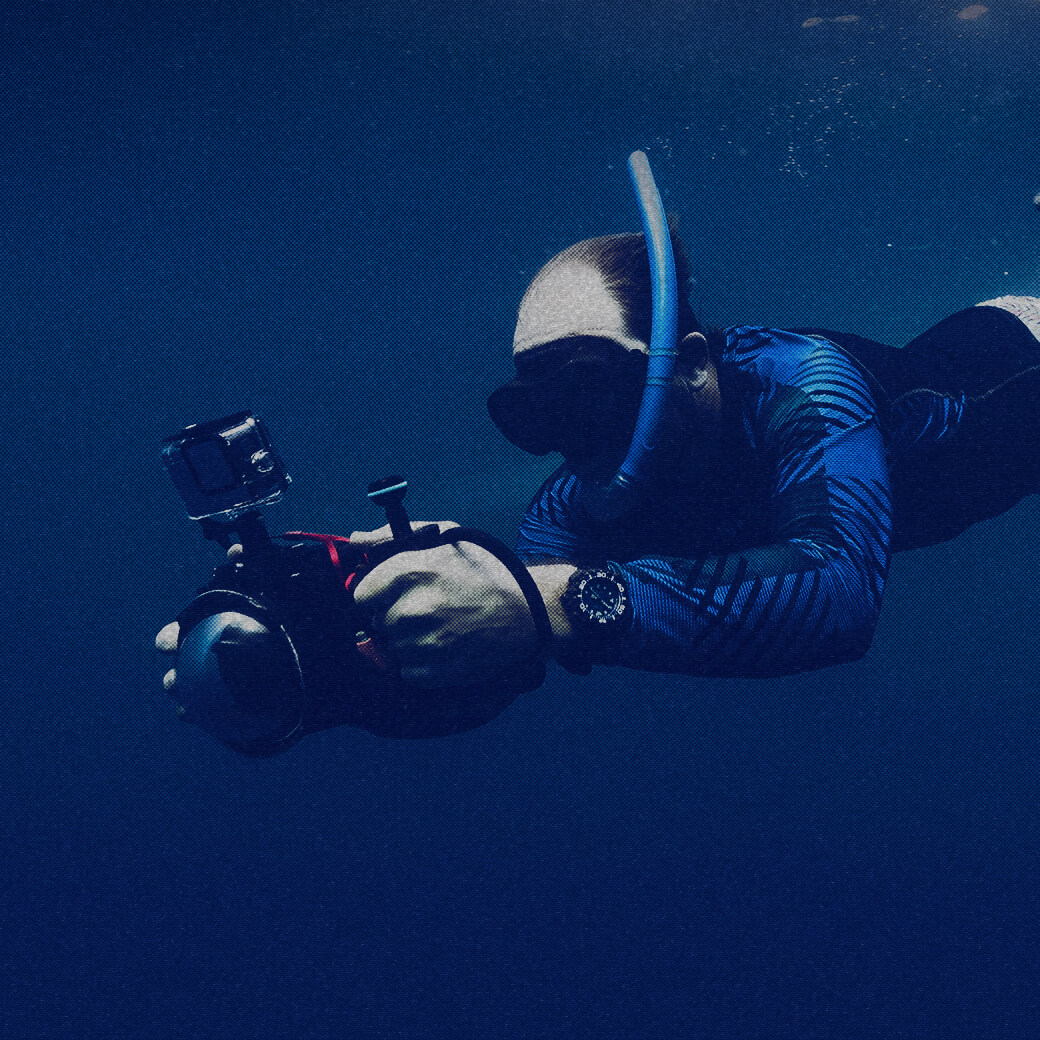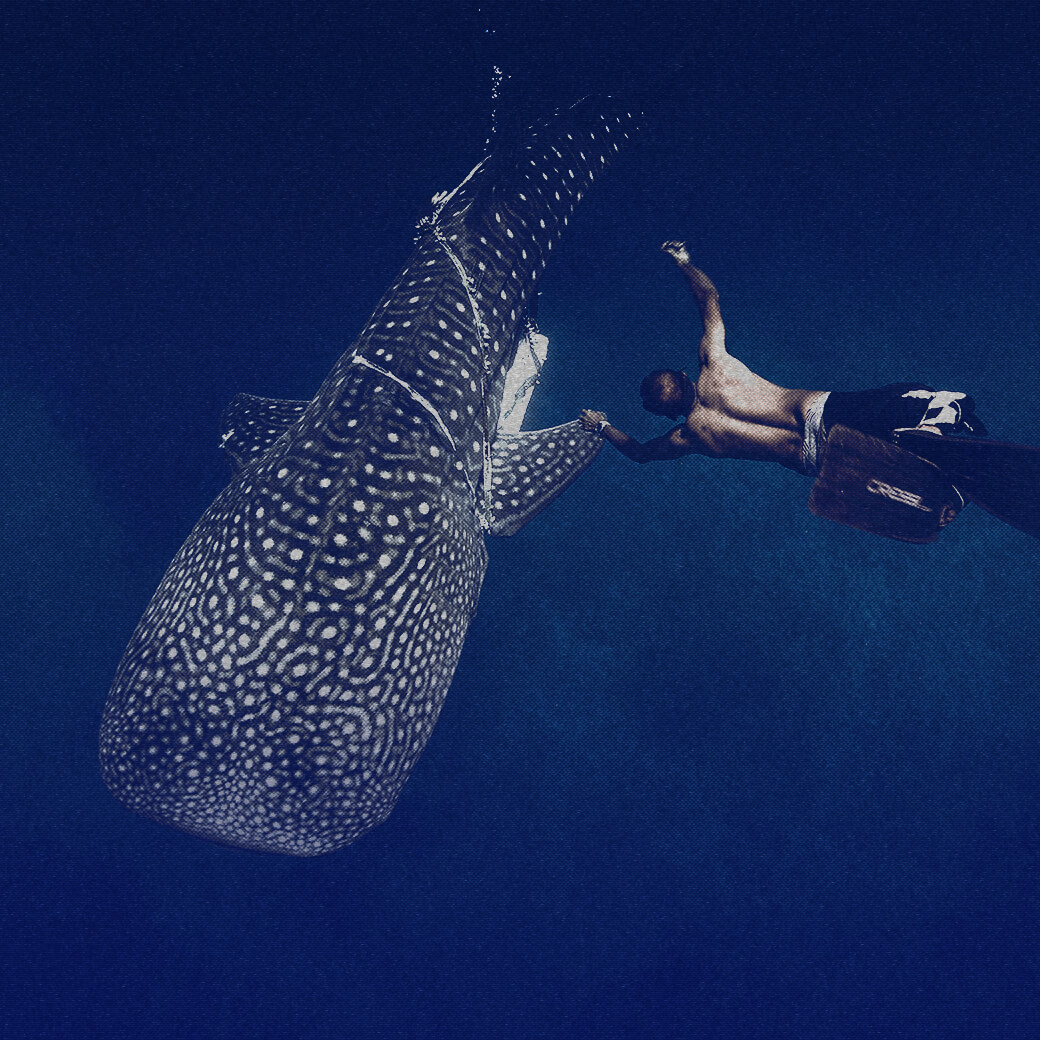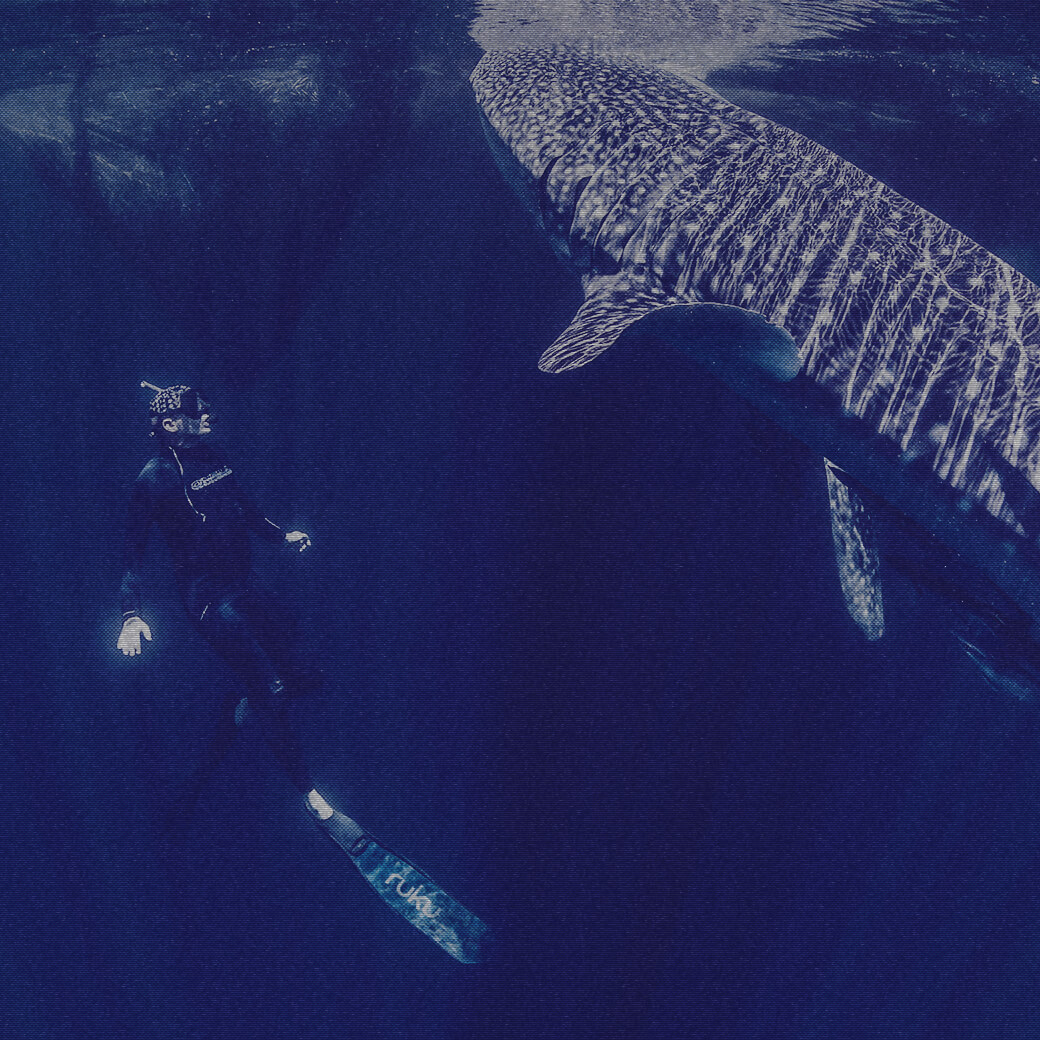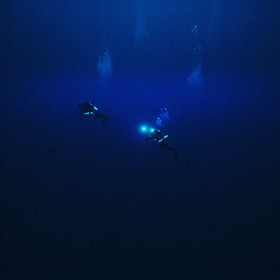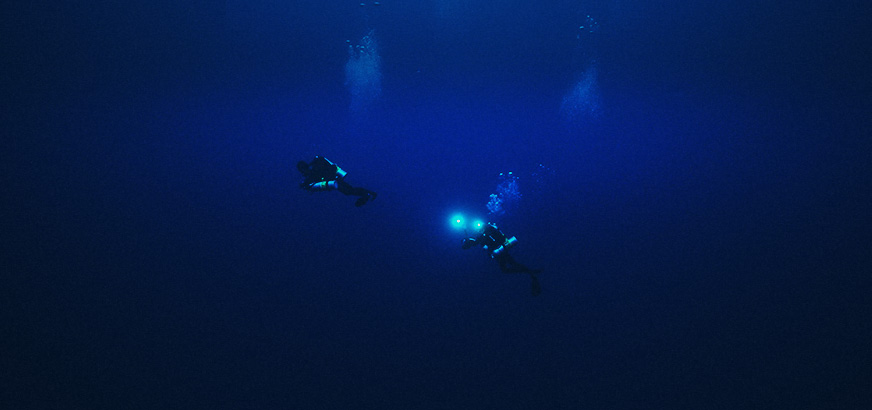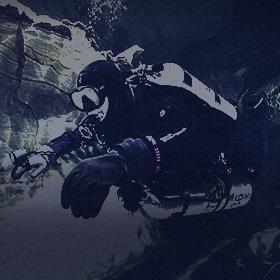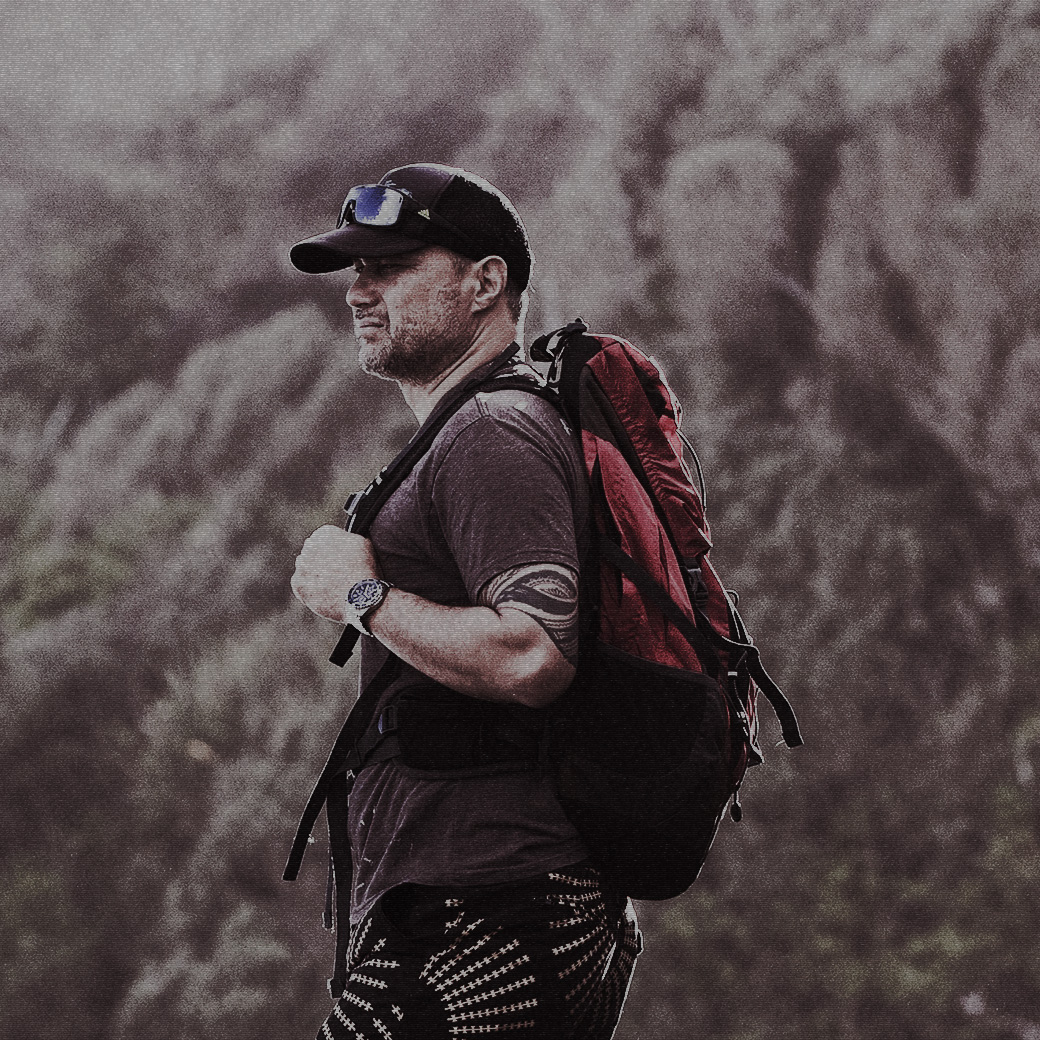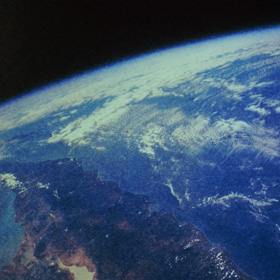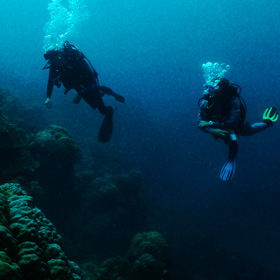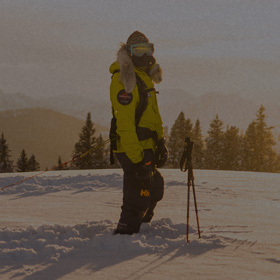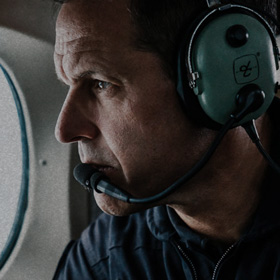DESTINATION #04
GREAT BARRIER REEF
AUSTRALIA
INTERVIEW WITH DEAN MILLER
SHARM EL-SHEIKHA
27°54'44 " N 34°19'47 " E

INTERVIEW WITH
DEAN MILLER,
MARINE BIOLOGIST AND CAMERAMAN

GREAT
BARRIER REEF

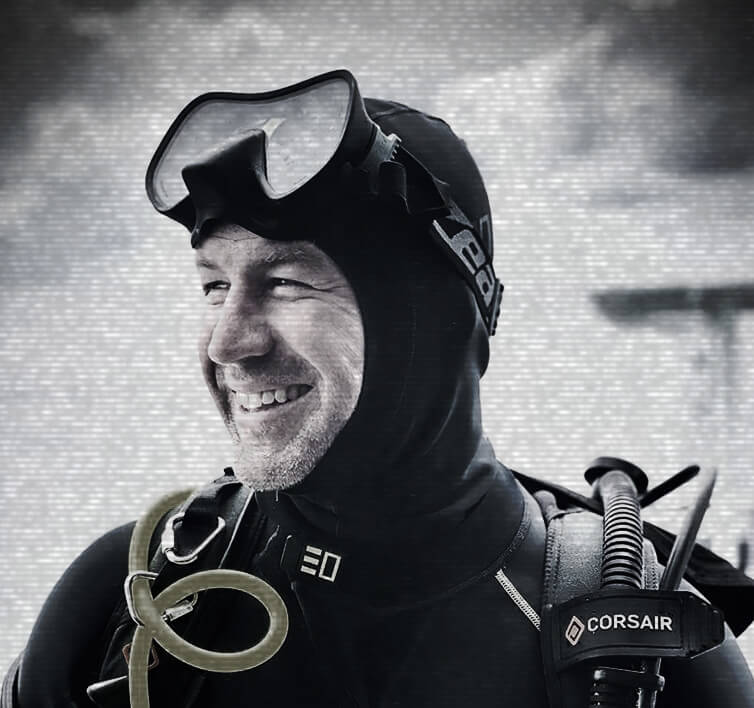
“Dr Dean Miller, a marine biologist and underwater cameraman based in Australia, has taken part in over 300 scientific research expeditions around the world and filmed nature documentaries for all the major TV channels.”
— RICK GREHAN
“IN DIVING-ADVENTURE TERMS,
THE GREAT BARRIER REEF
HAS IT ALL. ”
- What makes the Great Barrier Reef special?
There’s no bigger, more beautiful or more diverse reef system than the Great Barrier Reef. Even if you’ve never seen the reef, you know it’s there, like the Egyptian pyramids or the Great Wall of China. For divers, the Great Barrier Reef has it all: over 3,000 individual reefs, scattered with continental islands and coral cays, and different habitats including mangrove estuaries, seagrass beds, algal and sponge gardens, continental slopes and deep ocean trenches. In biodiversity terms, we have yearly migrations of whales, an abundance of sharks and rays and pelagic fish, and, of course, countless reef fish, corals and invertebrates. It fills me with wonder and awe every time I dive.
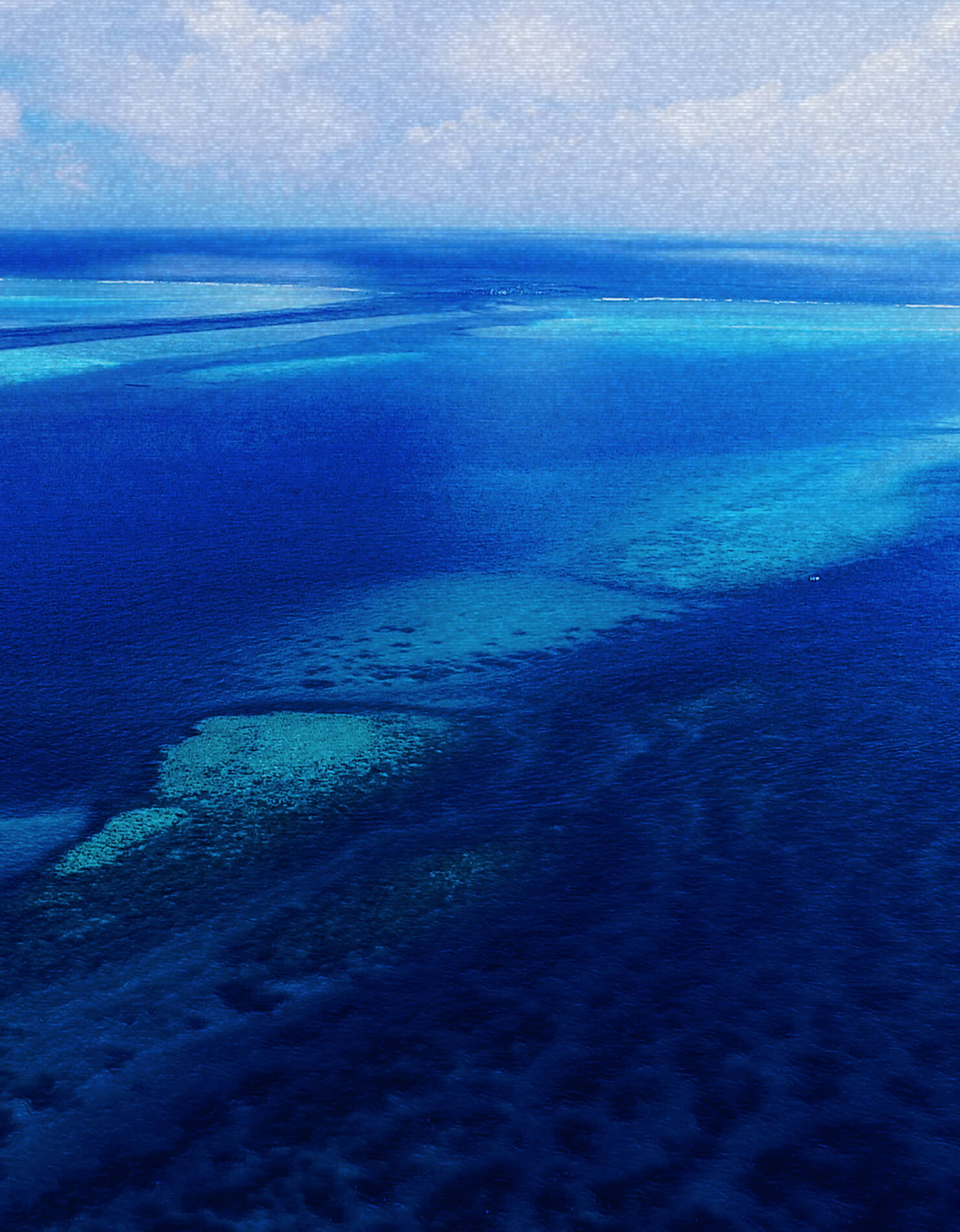
“DIVING IS LIKE BEING
A SPACEMAN EXPLORING
NEW WORLDS.”
- How did you end up working here?
As a kid, all I ever wanted to do was be a marine scientist, living and working on the Great Barrier Reef. Diving also just seemed the most incredible activity: like being a spaceman exploring new worlds. From as early as I can remember, everything I did was about becoming a marine scientist: the subjects I studied at school, volunteering in my holidays, going to the beach in my spare time, and eventually eight years of university to get my marine science PhD. I’ve now been working on the Great Barrier Reef for 20 years, researching everything from minke whales to tiger sharks, turtles to tuna, and, more recently, corals. I’m the luckiest person in the world!
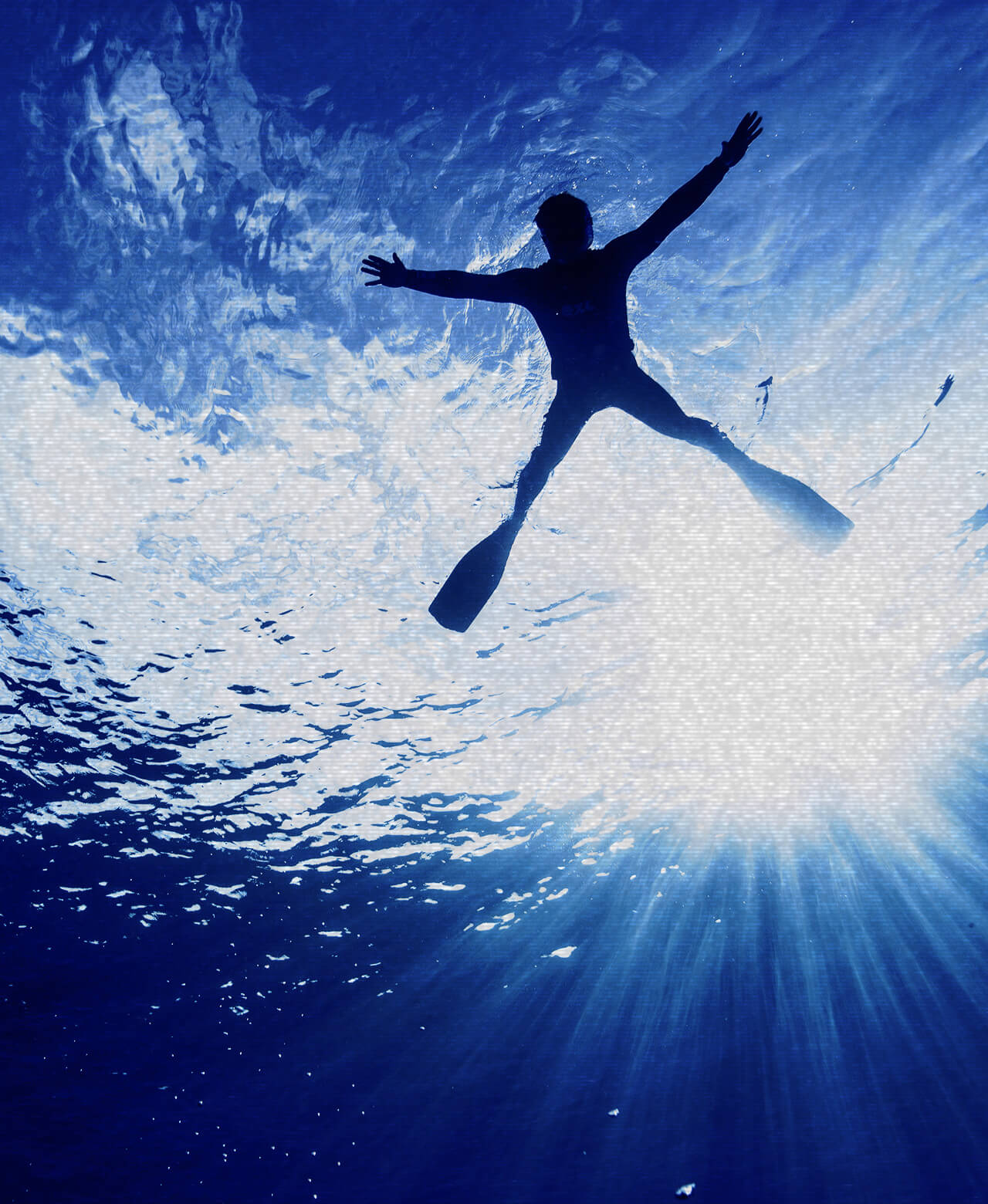

“TIME IS A STRANGE THING
UNDERWATER; IT FEELS LIKE
IT DOESN’T EXIST.”
- Does underwater time feel
different from time on land?
The time of day is the driver behind how a reef functions and what you’re likely to see and experience as a diver. The animals are intrinsically aware of time differences. Night versus day, early morning versus midday and late afternoon—they all feel extremely different underwater, and species change their behaviour drastically depending on what time it is. Time is a strange thing underwater.; it feels like it doesn’t exist as you meander around the labyrinth of coral reefs, yet your time is limited by your air supply and the depth of your dive. A reliable, robust and easy-to-read diving watch is essential for any diver, whether it’s your first dive or your 5000th!
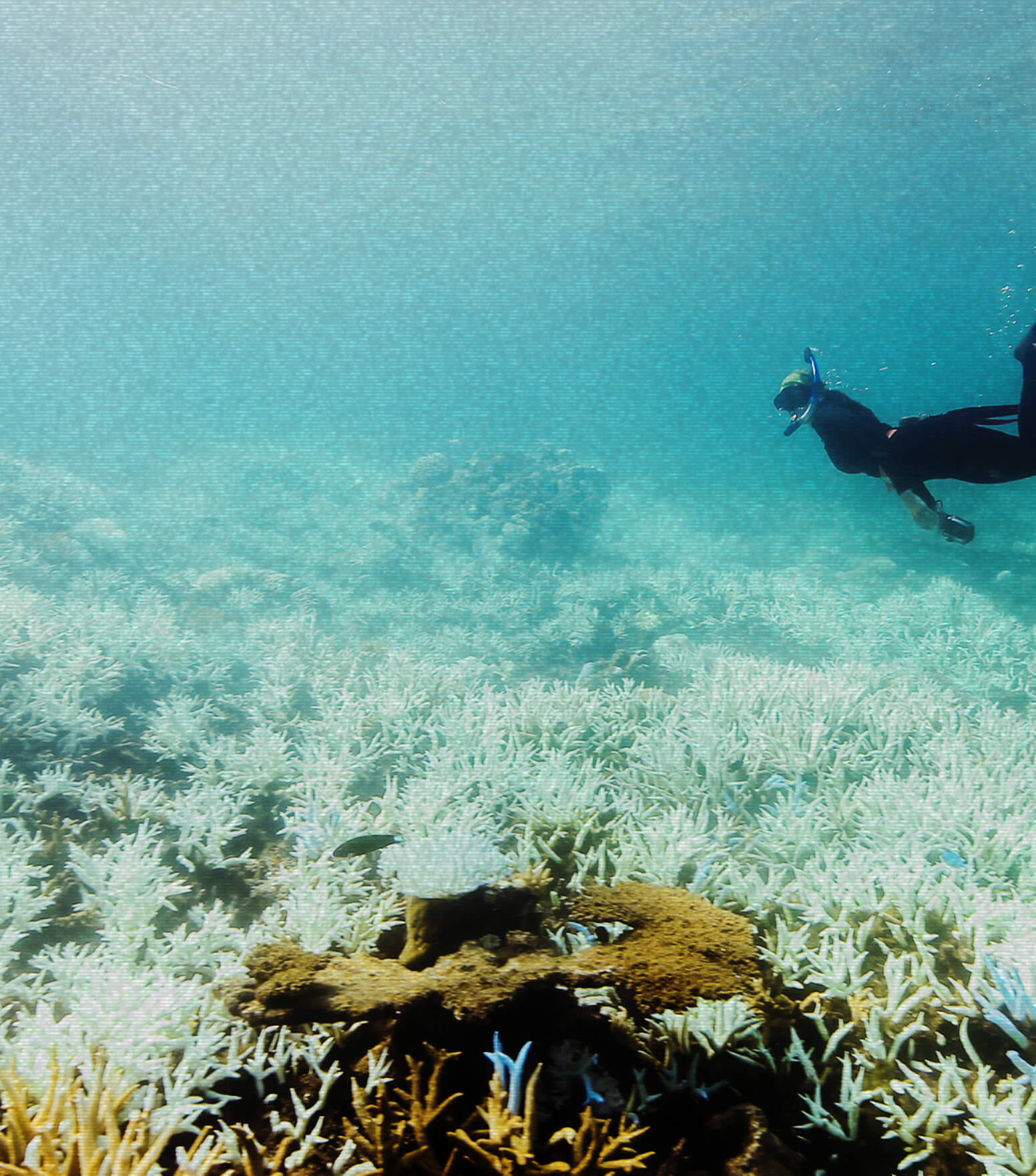
“WITH EACH CORAL
BLEACHING EVENT,
WE LOSE VULNERABLE
CORAL SPECIES.”
- Has climate change affected
the Great Barrier Reef?
Unfortunately, yes. All the big changes I’ve seen in the past 20 years underwater are from climate change. On coral reefs this mostly takes the form of coral bleaching, which is a direct result of waters warming in short time periods. Corals like their environment to stay stable, and emissions-driven climate change is changing the marine environment too quickly for corals to adapt.
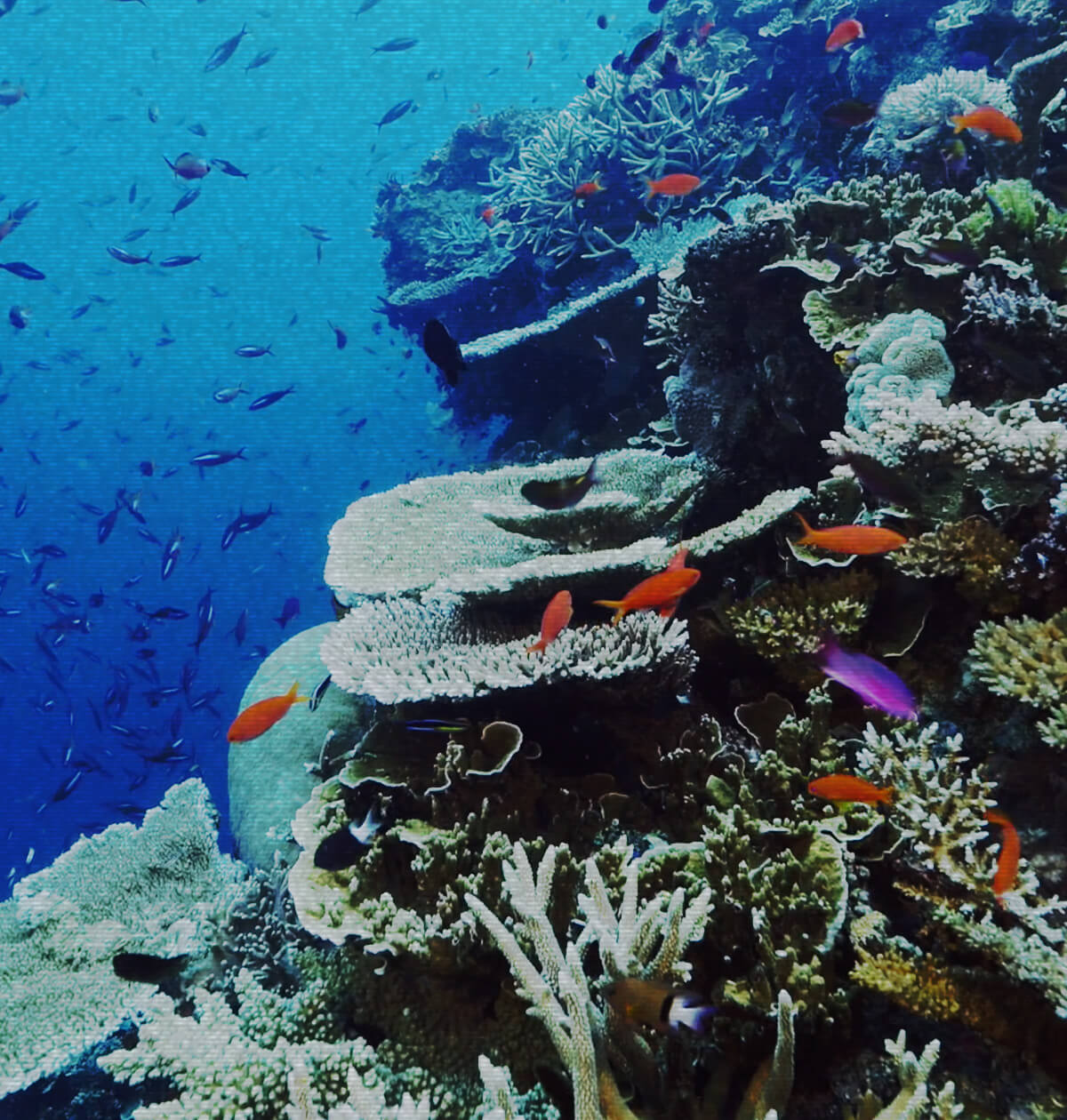
With each bleaching event, we lose vulnerable coral species and reefs. To safeguard the biodiversity of hard coral, the Great Barrier Reef Legacy, a non-profit I head, has created the world's first Living Coral Biobank, a ‘coral ark’ to collect and house the world’s 800 hard coral species. My life is dedicated to the survival of corals.
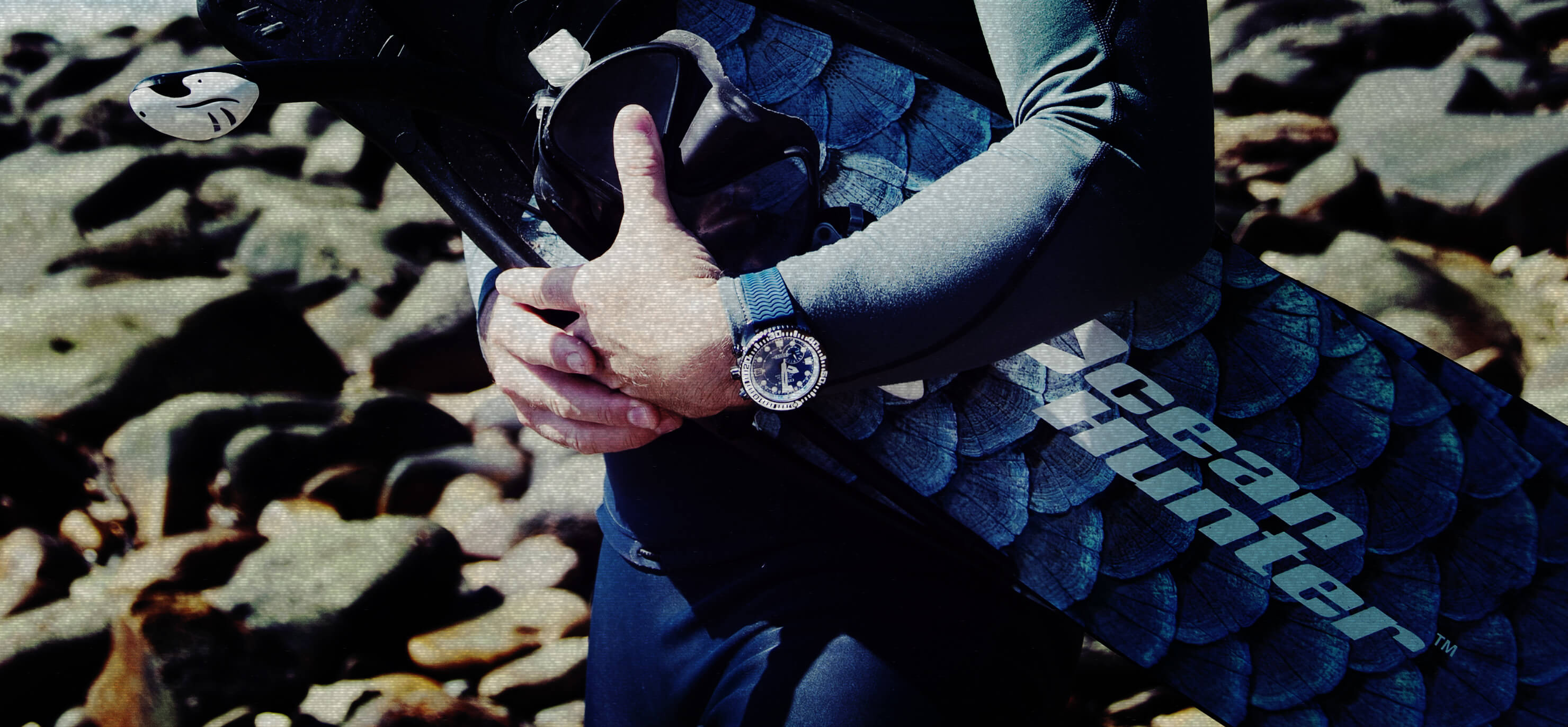
INTERVIEWBY
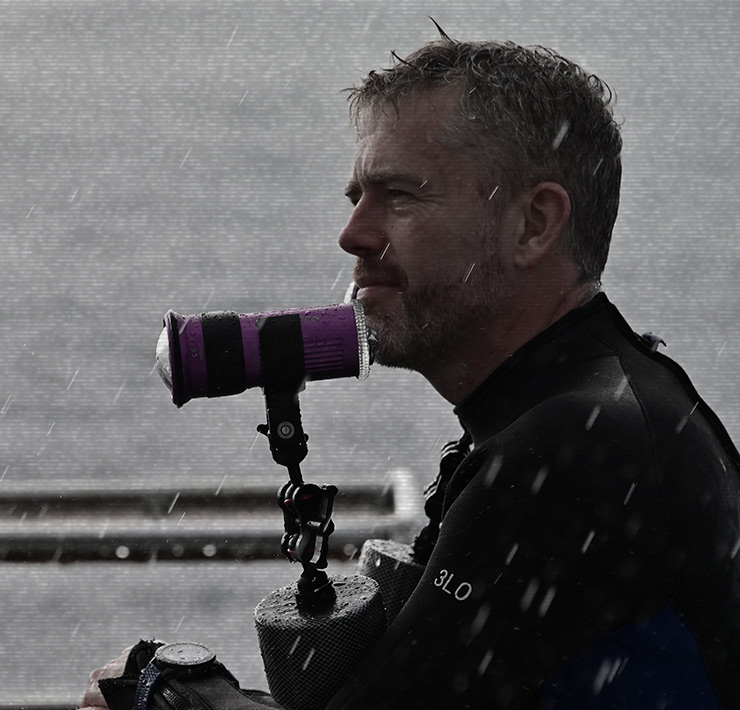
CREATIVE DIRECTOR / FILM MAKER
RICK GREHAN
“Dean worked as our underwater cameraman when I was filming at the Great Barrier Reef last year. His resume is impressive: he’s shot for high-end film productions and his work has even been narrated by the legendary Sir David Attenborough. That’s why I was surprised when, in the course of a chat last year, he told me about his reef-management PhD and his world-leading marine environmental projects. He co-founded the Great Barrier Reef Legacy NPO, but I was particularly impressed with his work creating the first-ever Living Coral Biobank, a project that’s quickly becoming the world’s largest coral-reef conservation effort. His passion and knowledge are fascinating; his eyes light up when he talks about the beauty and diversity of the Great Barrier Reef.”
THE STORIES OF
8 OCEANS
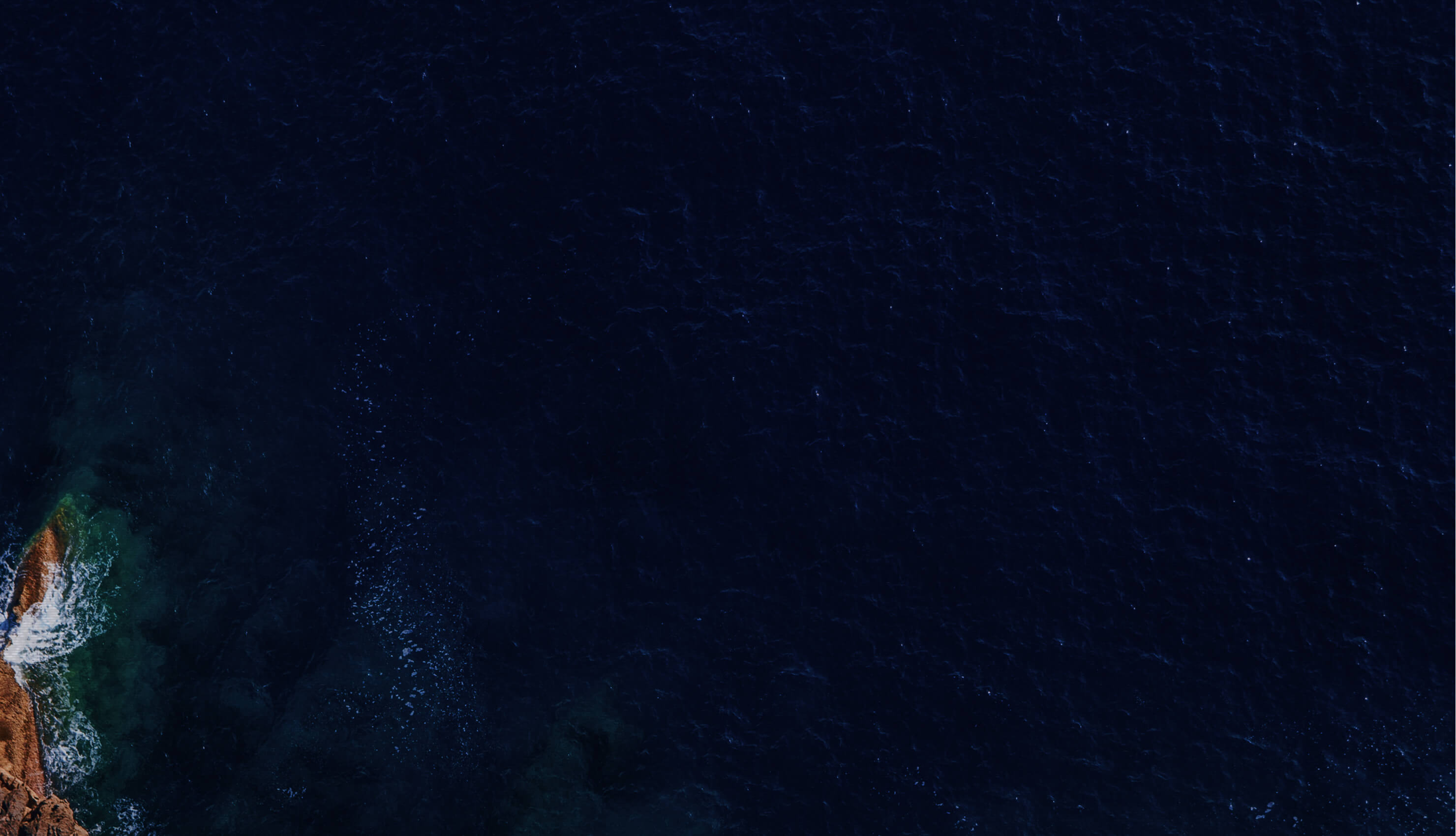
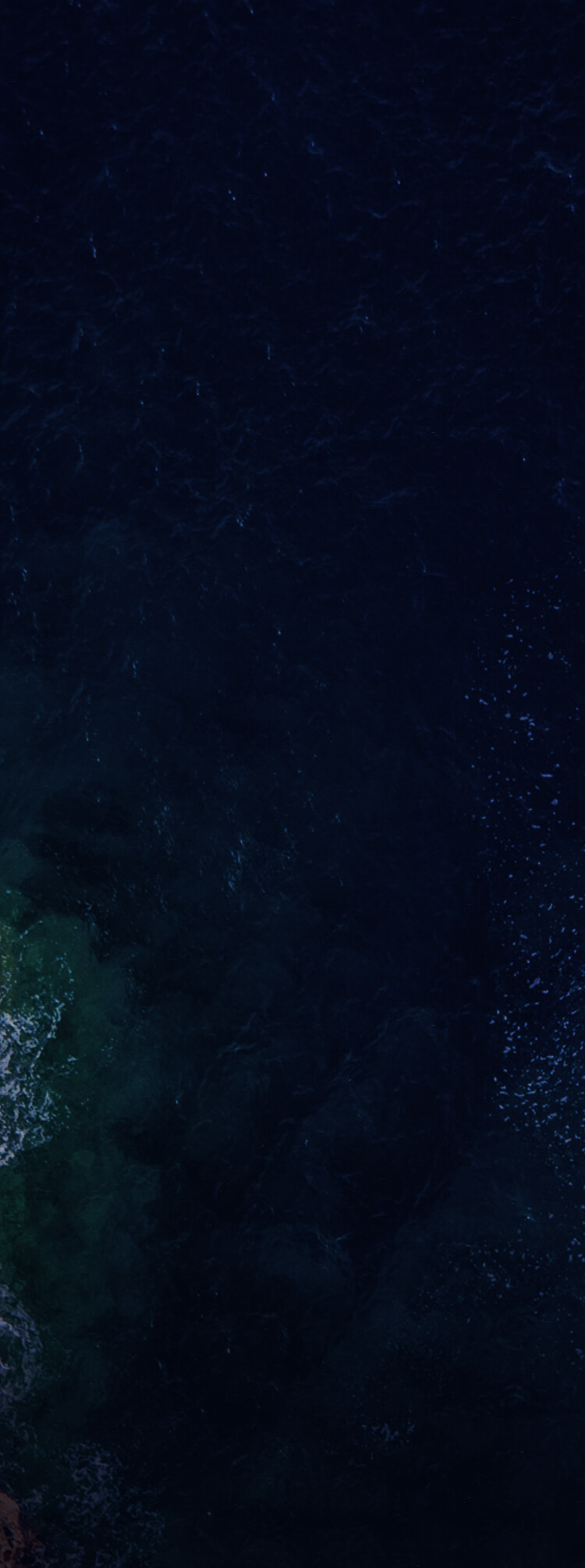
PRODUCT
Save the BEYOND OTHER STORIES
